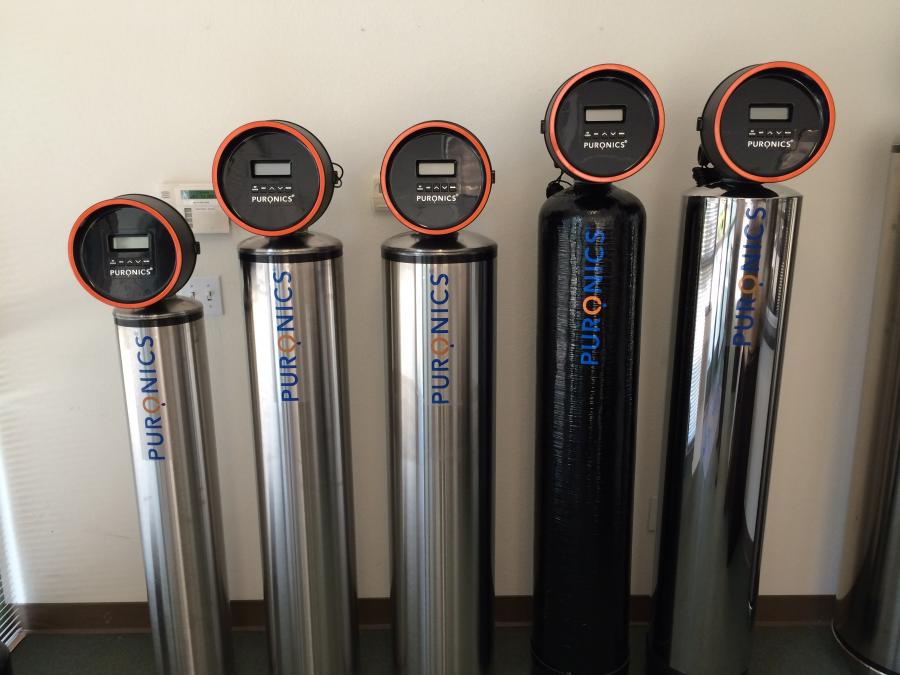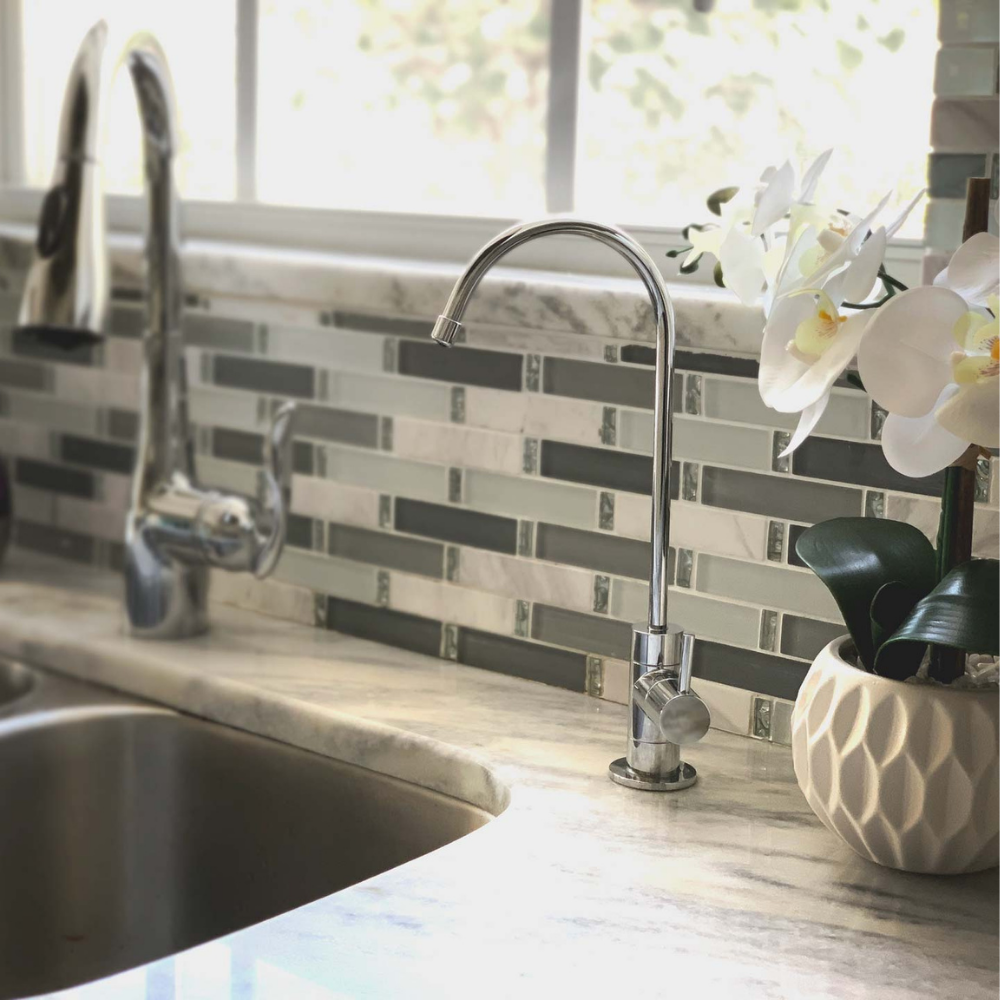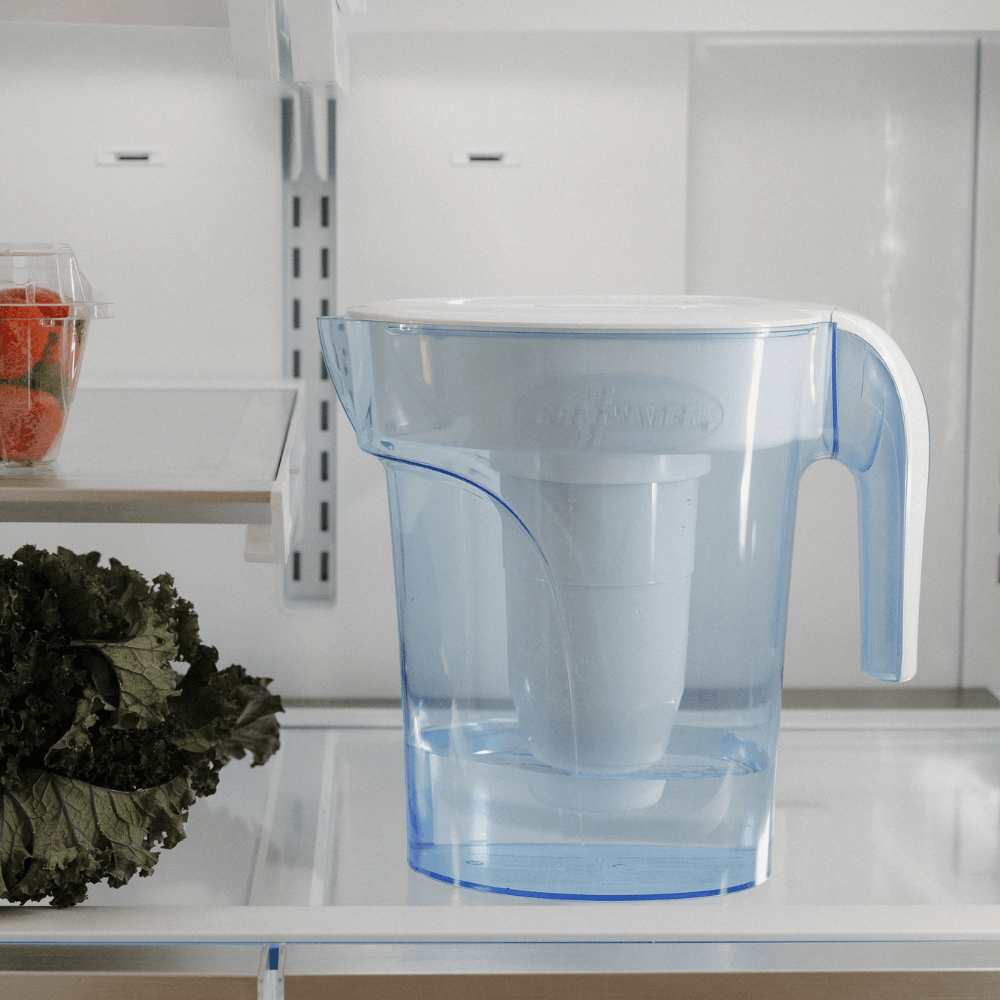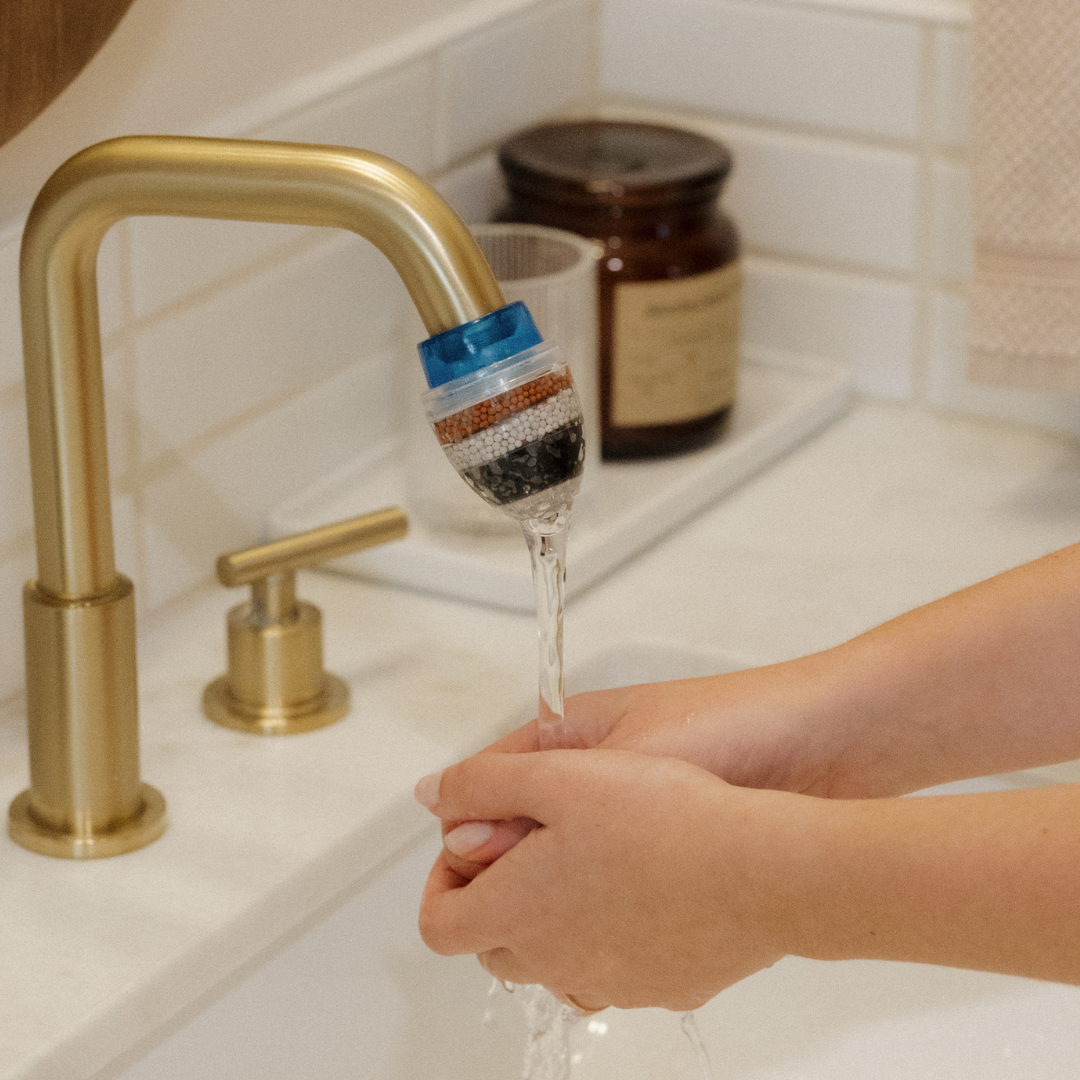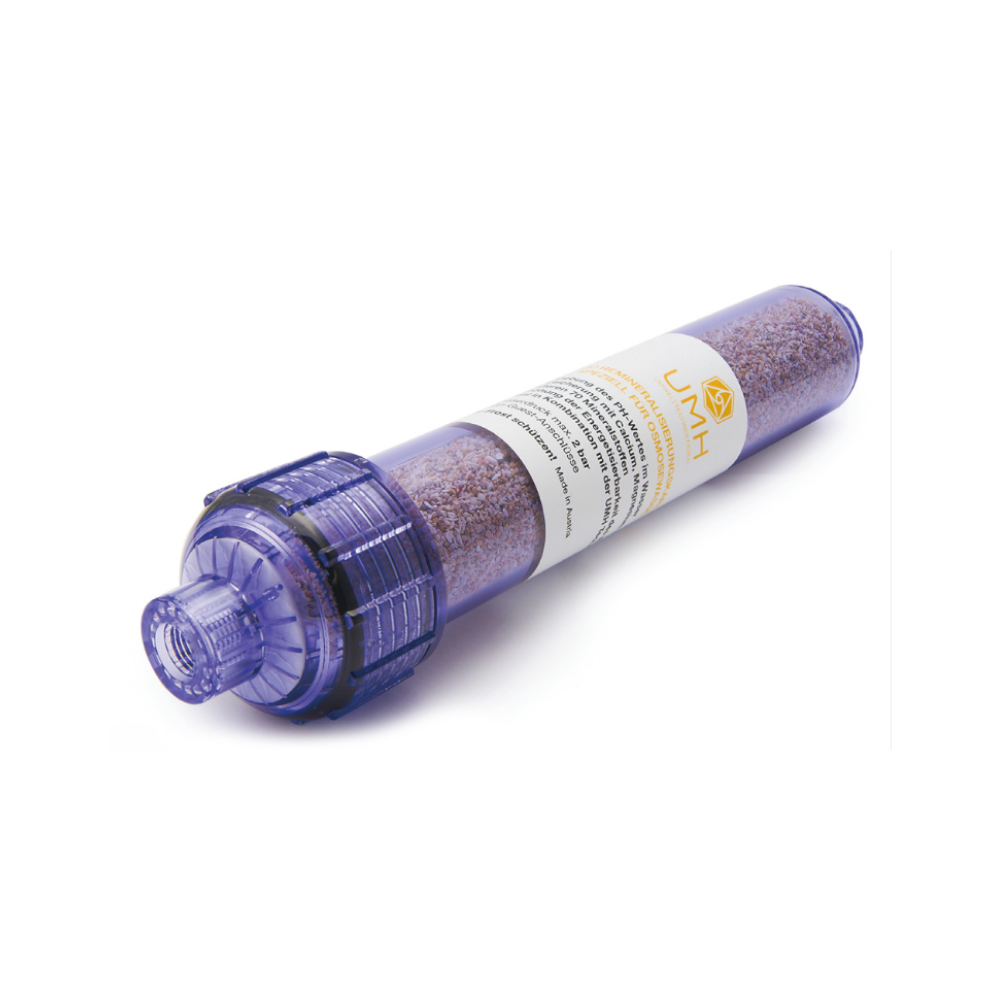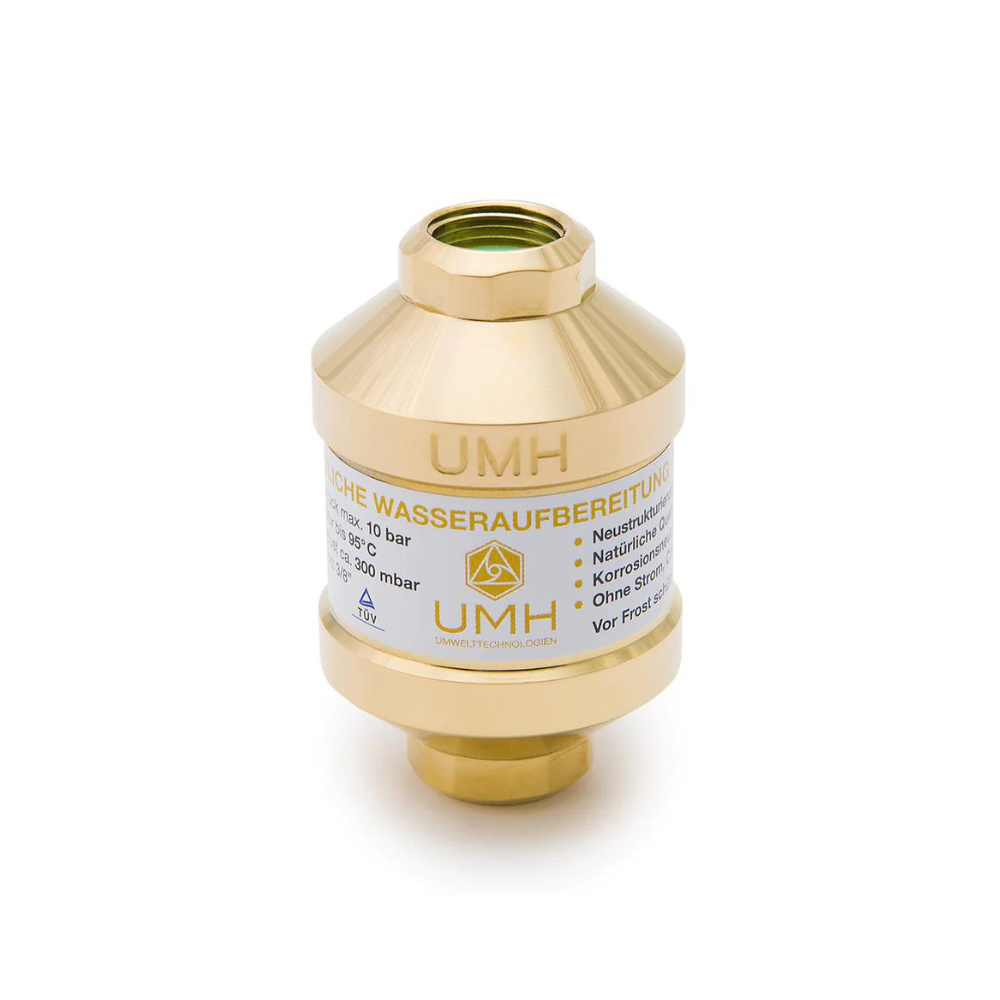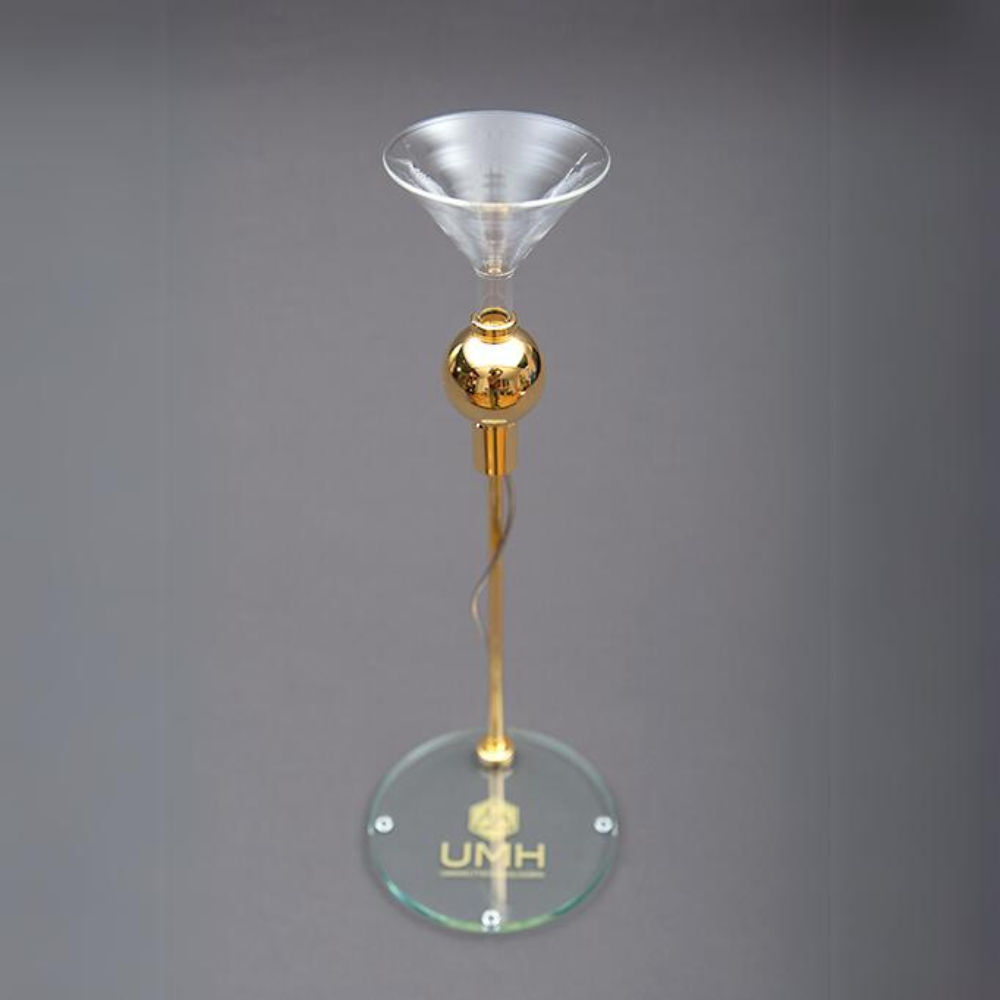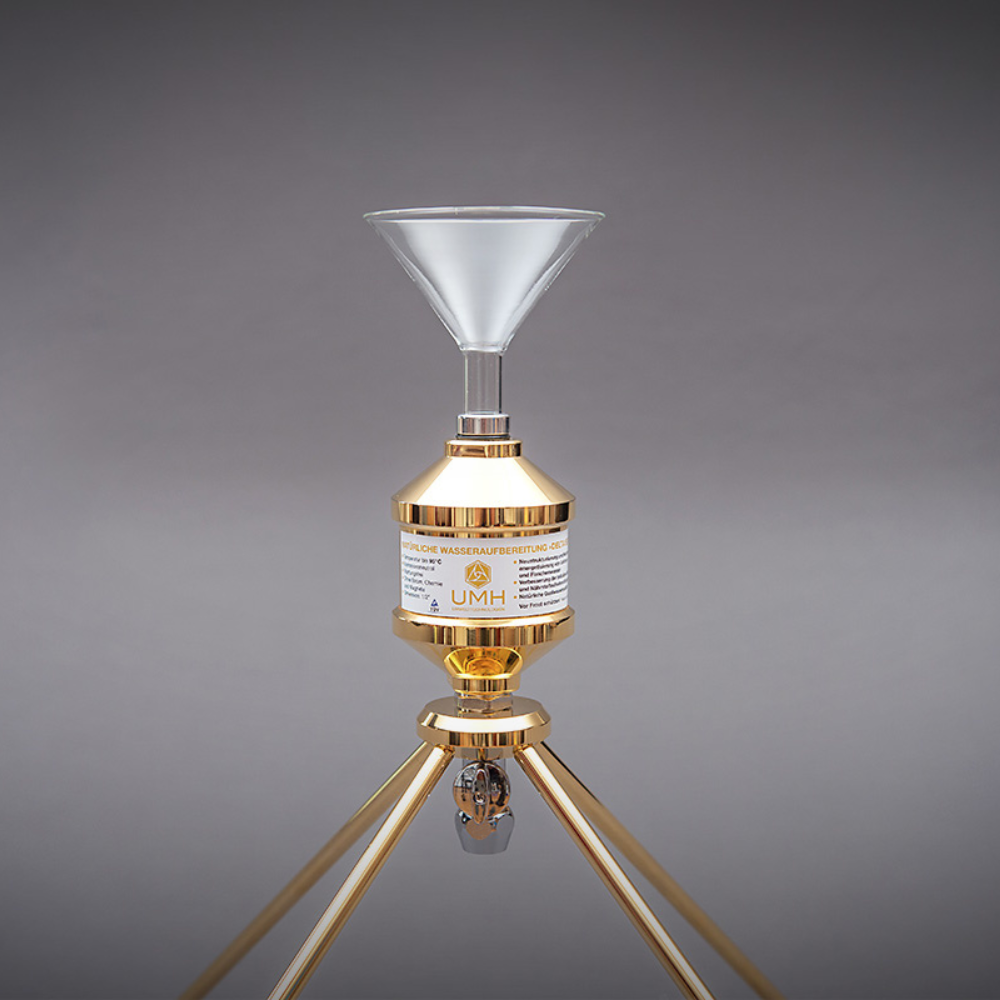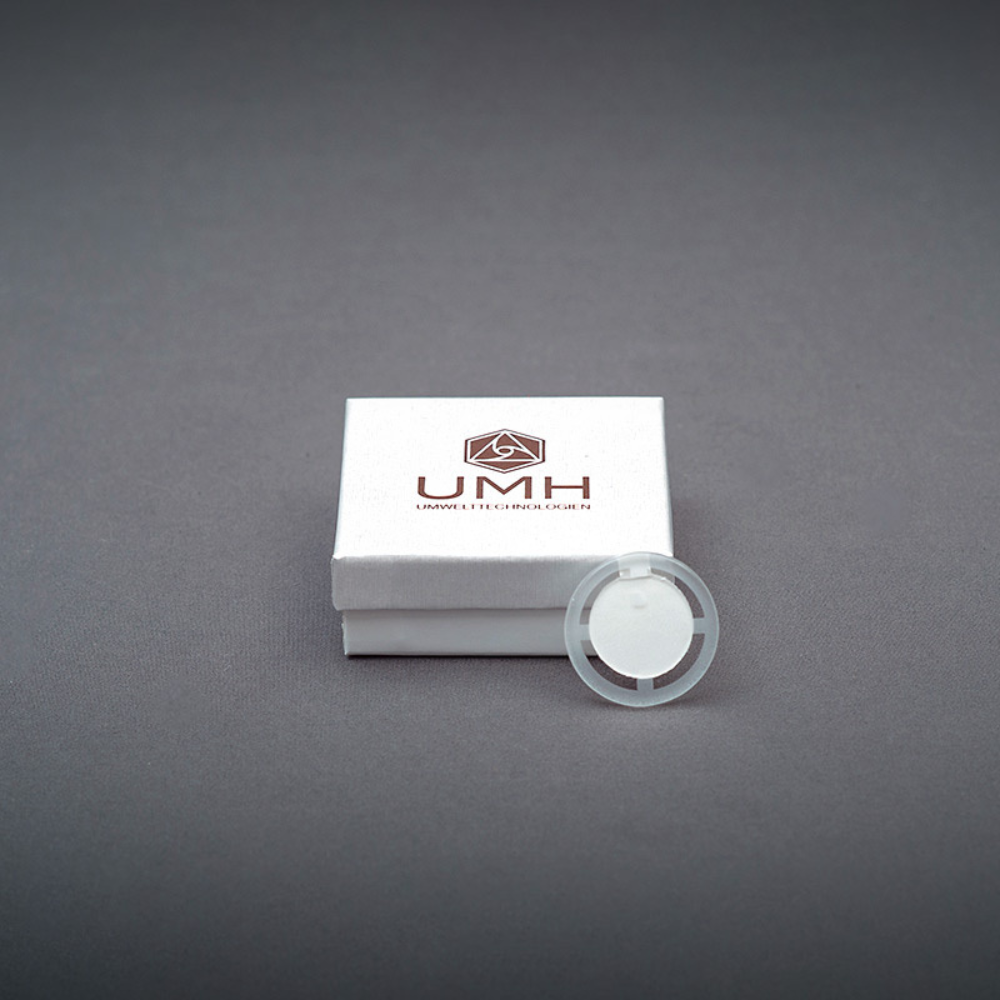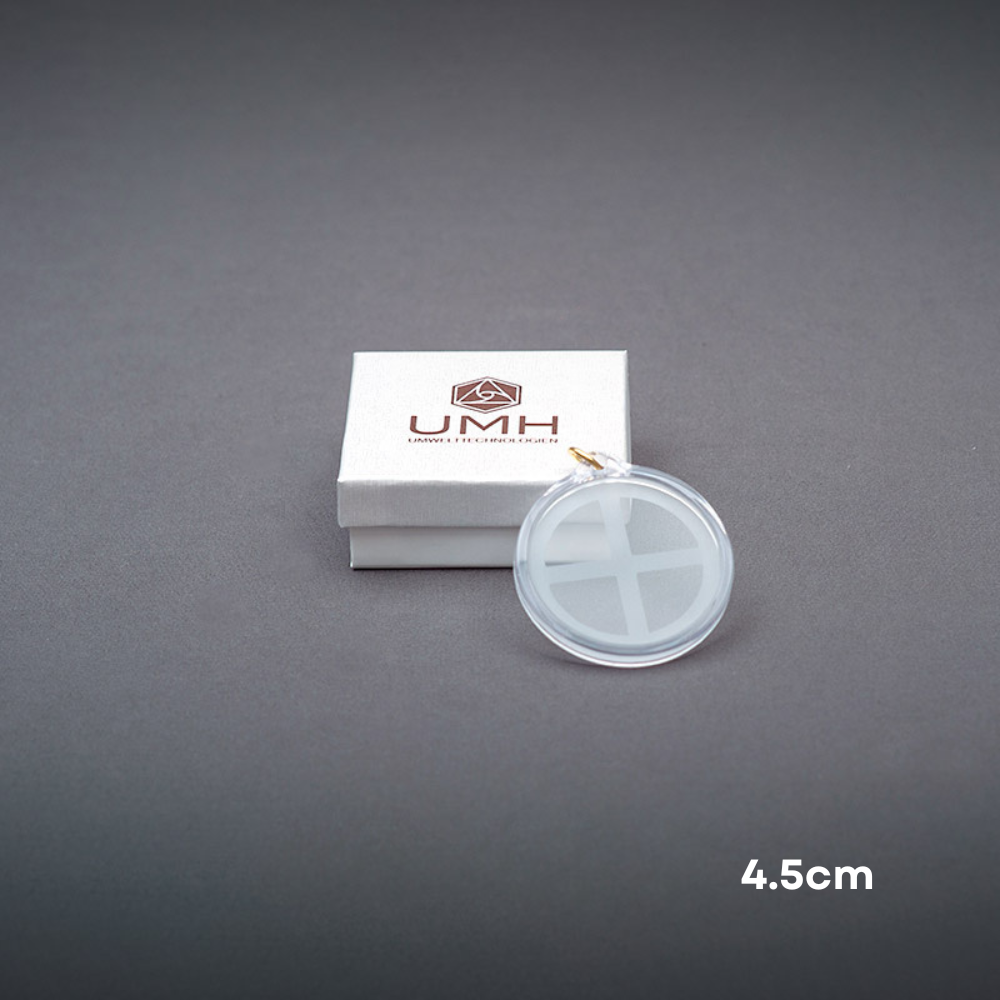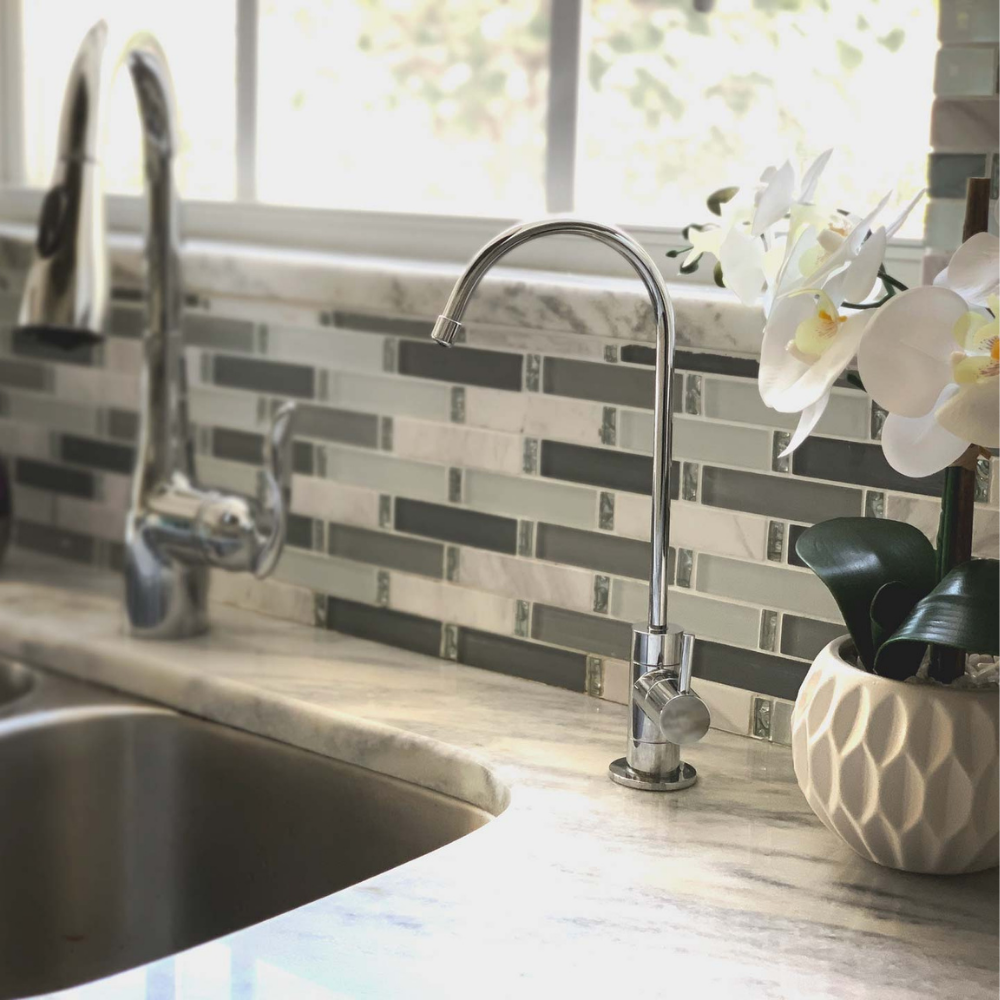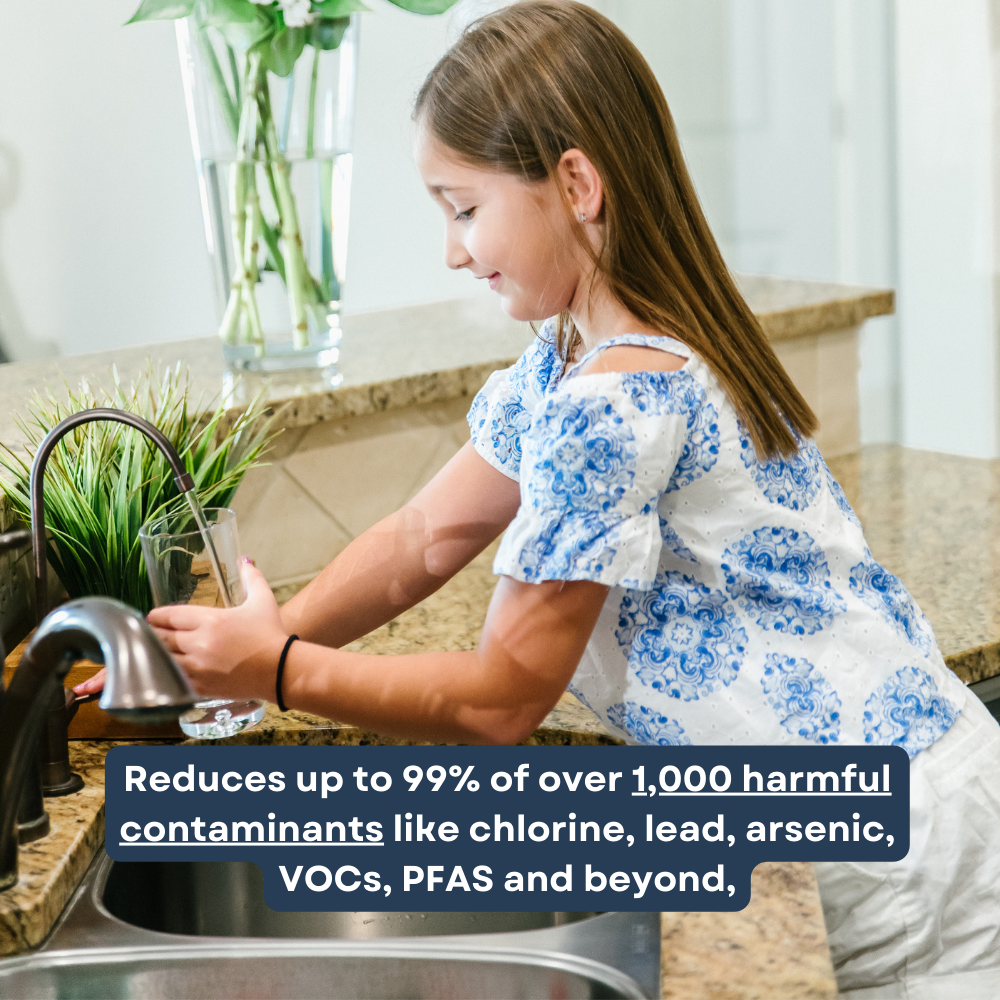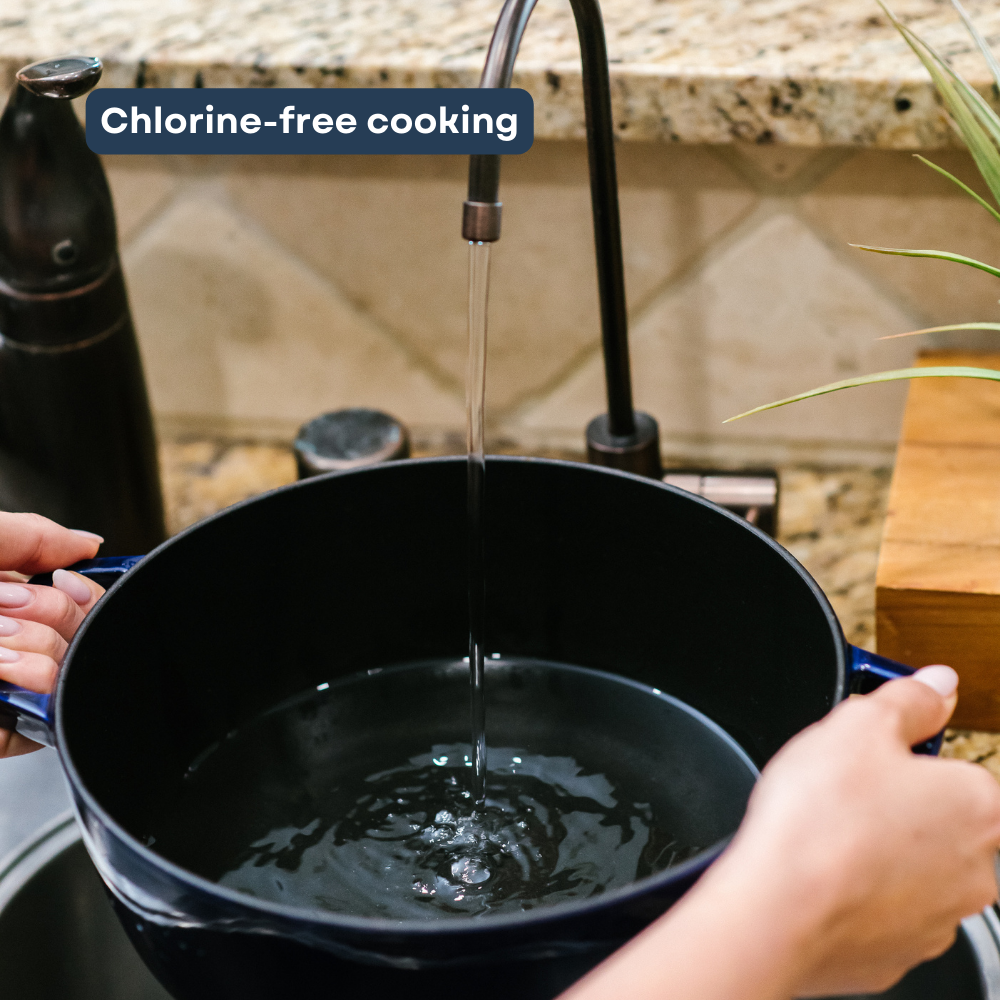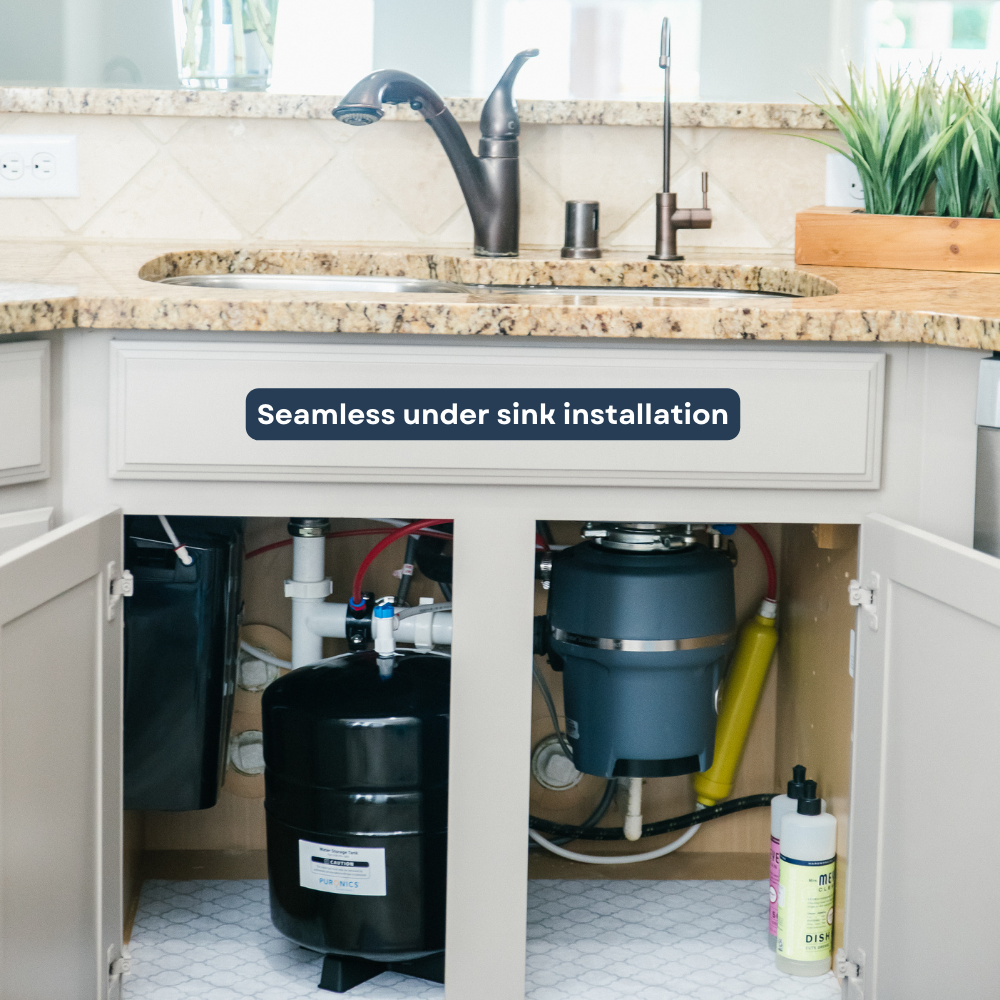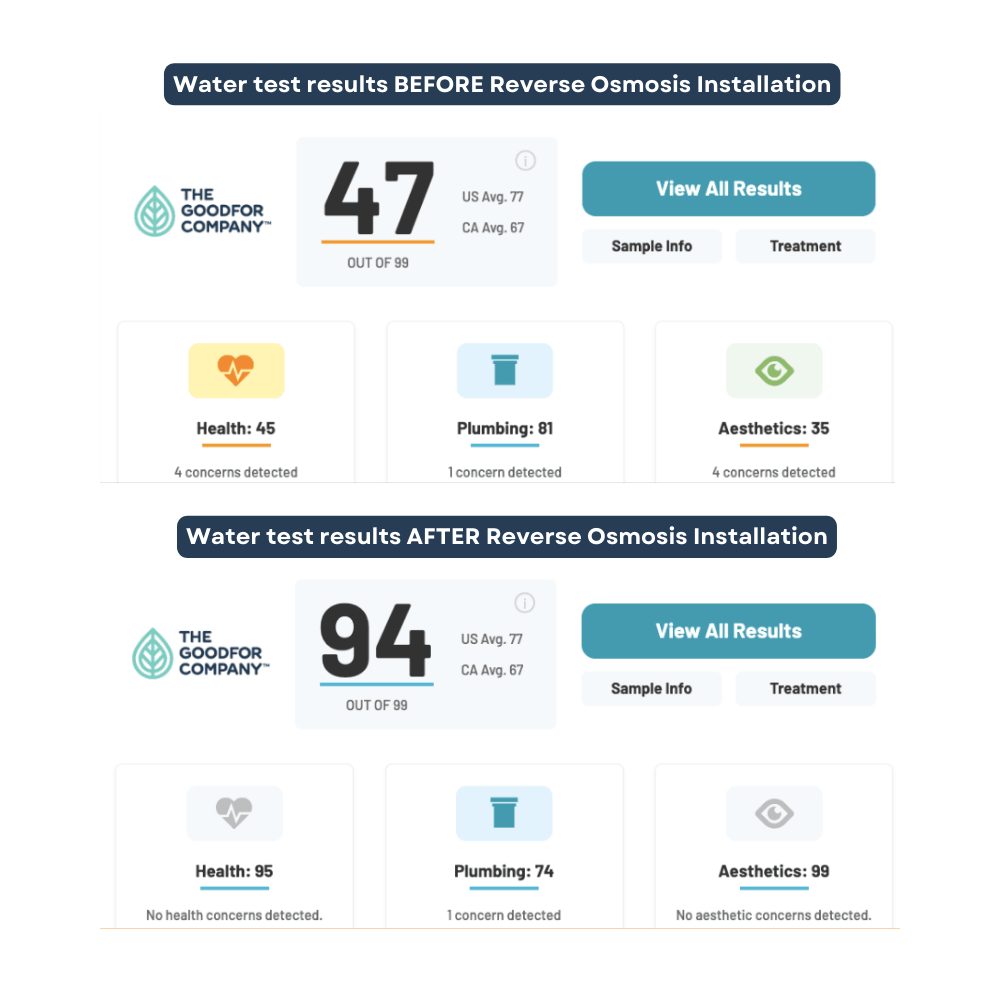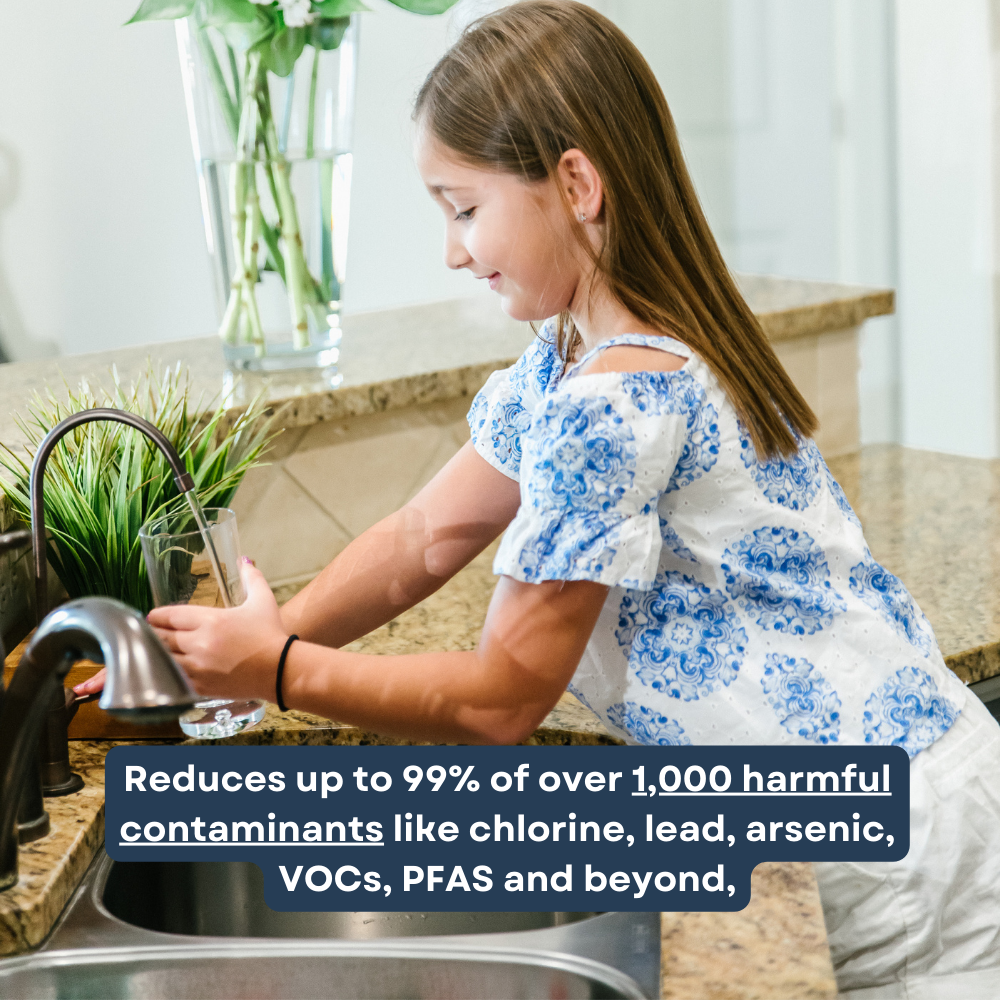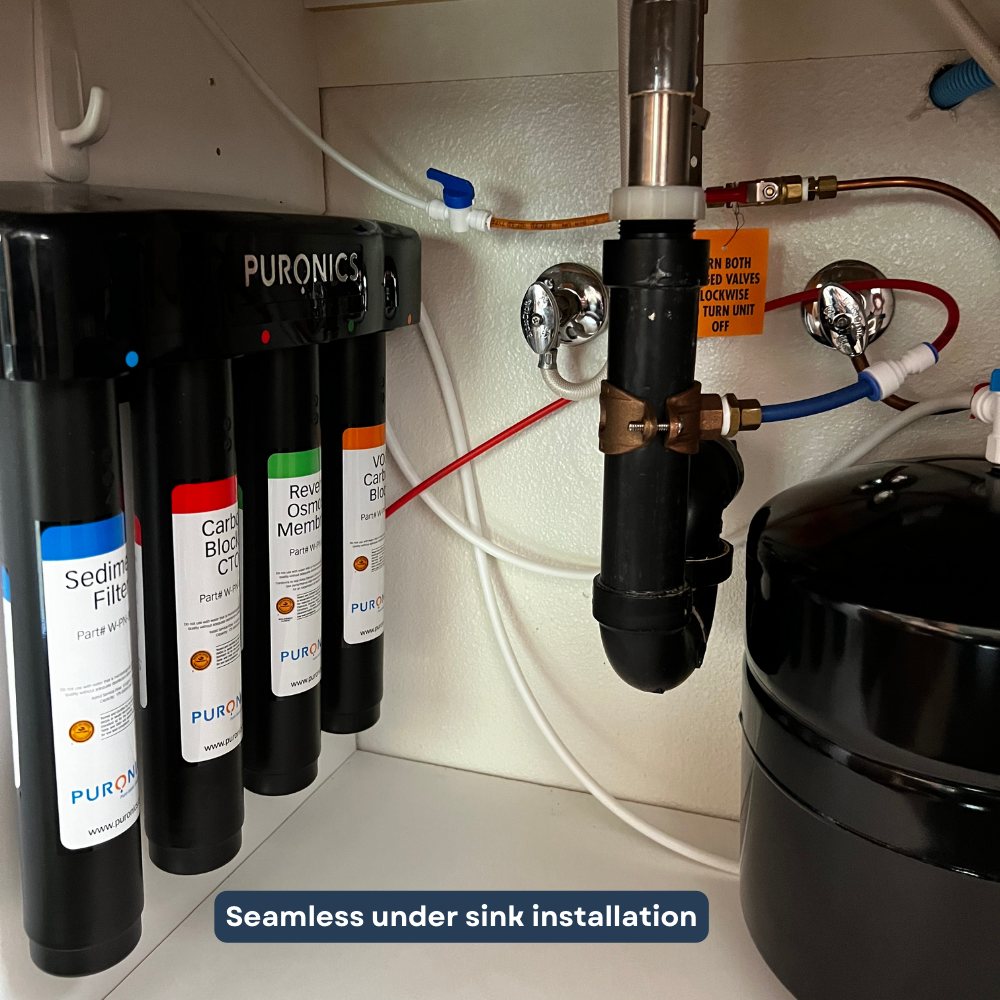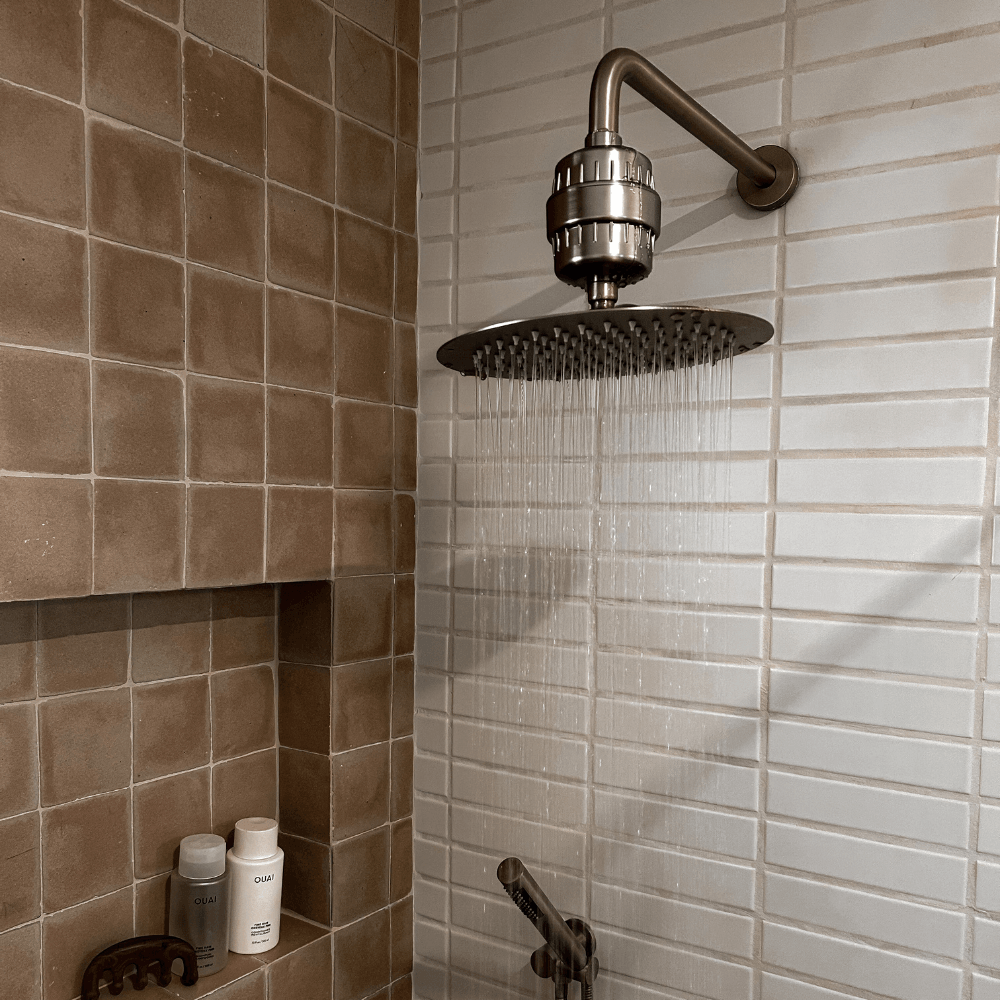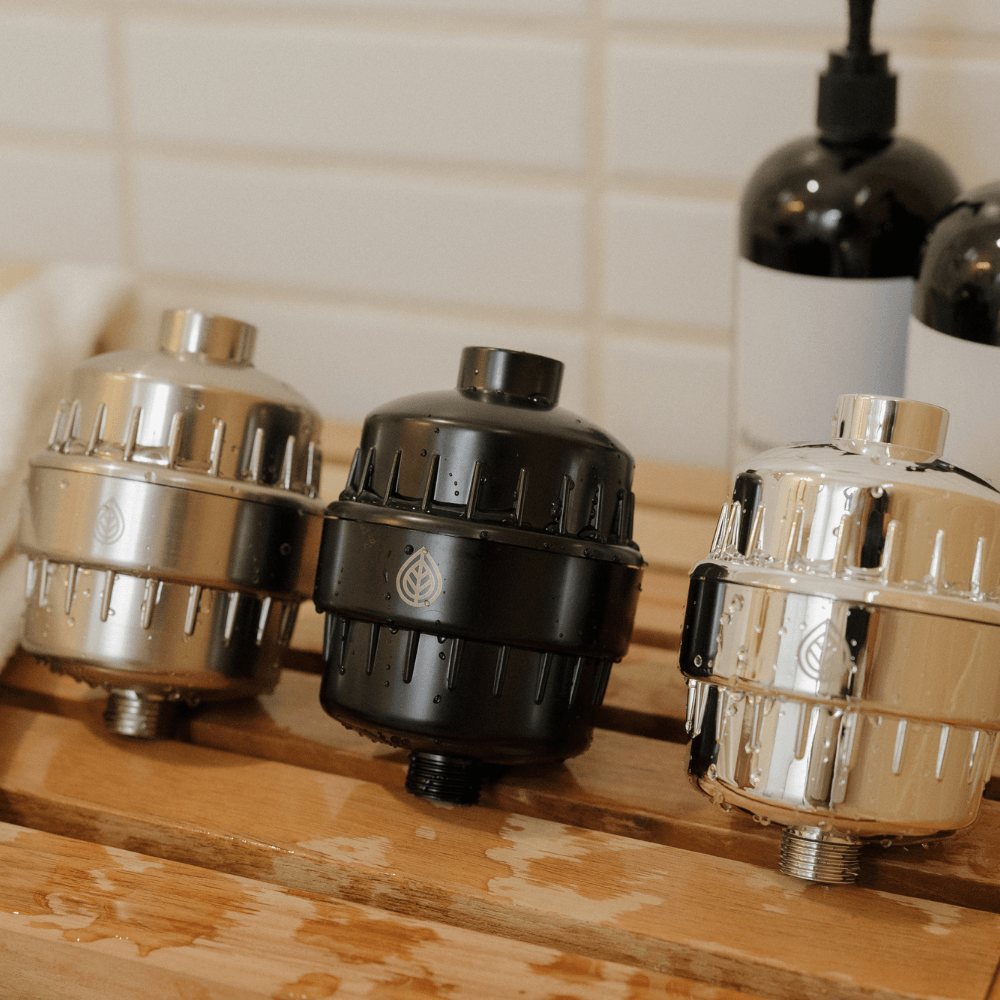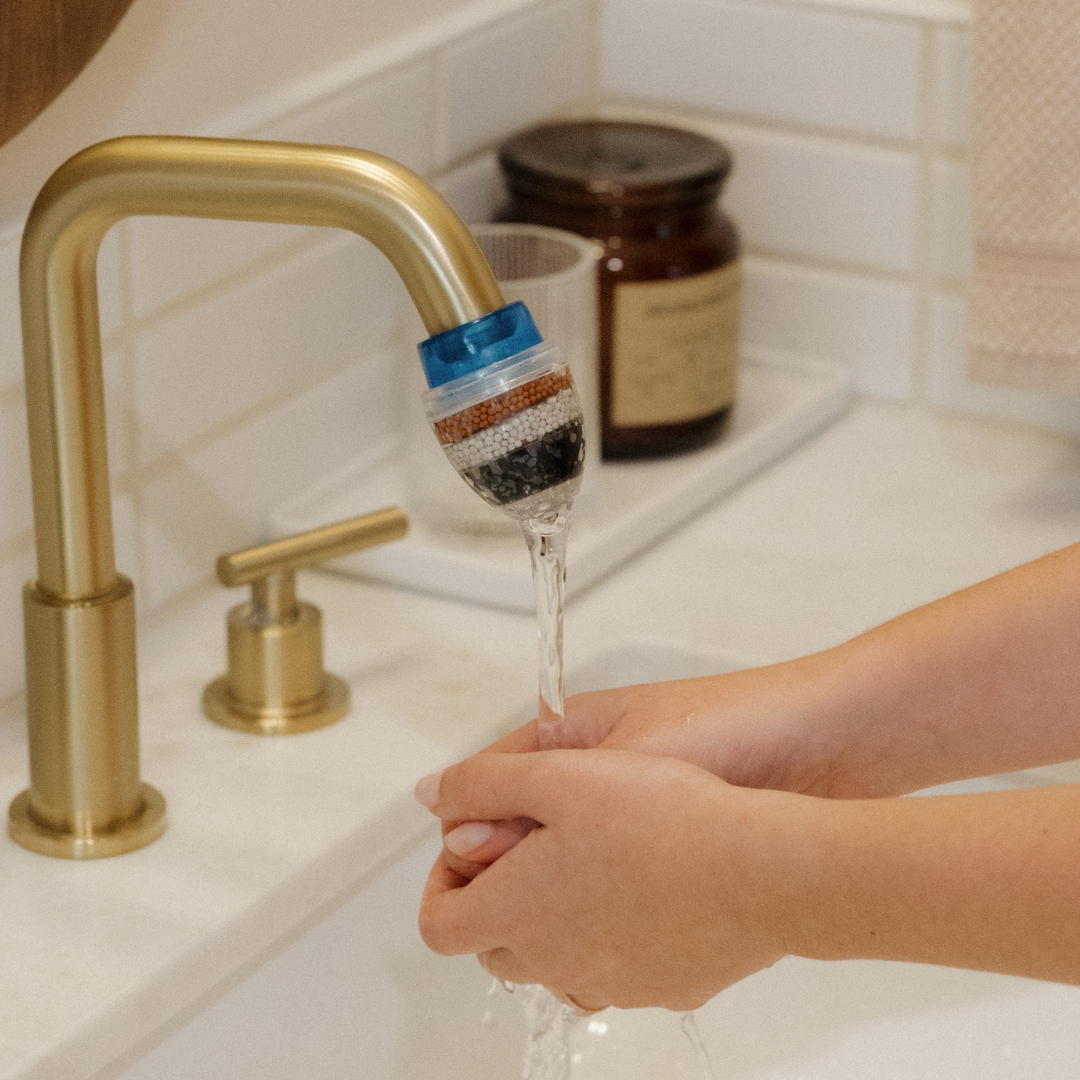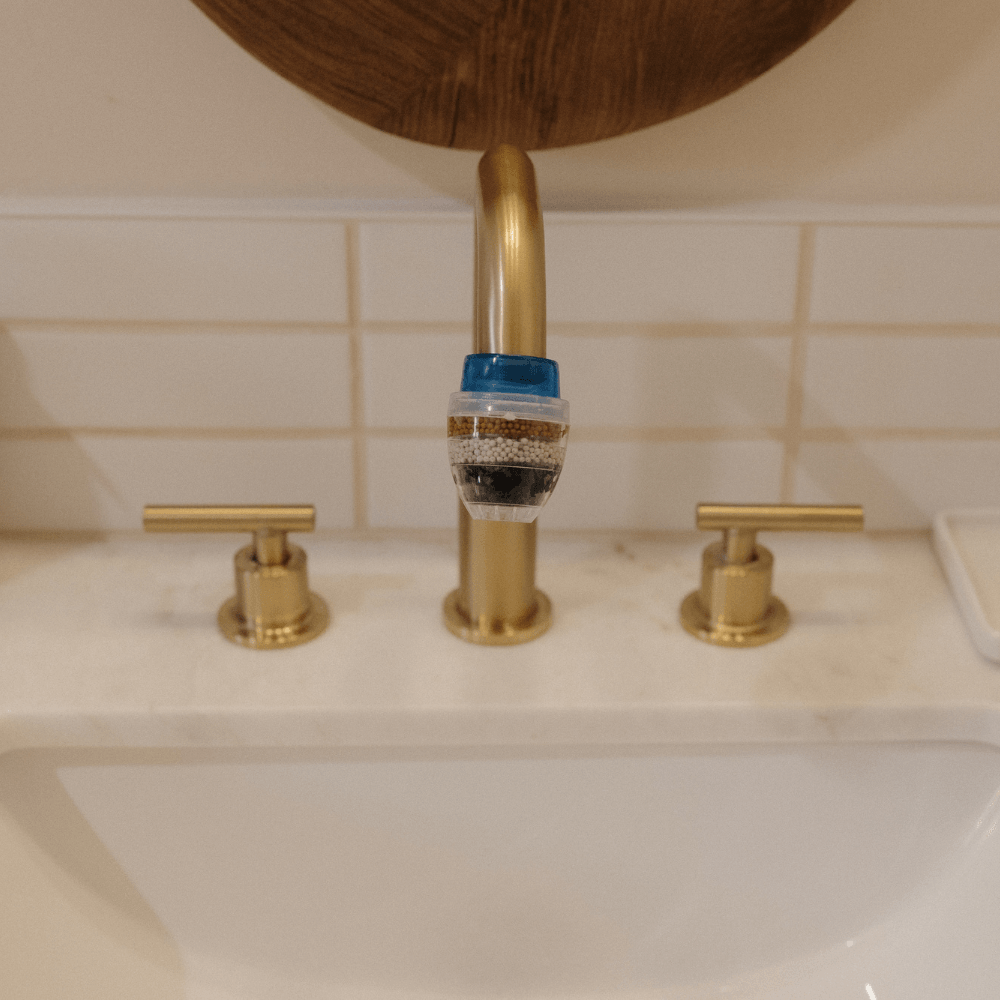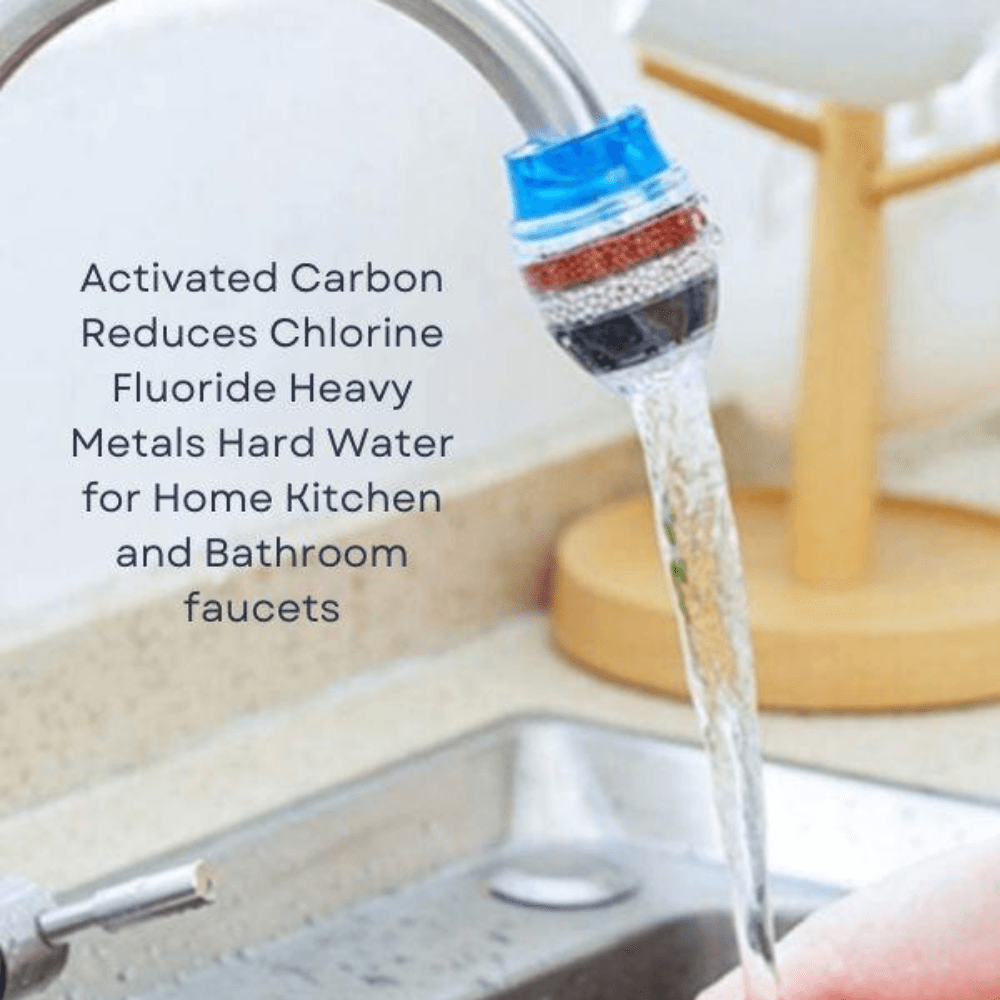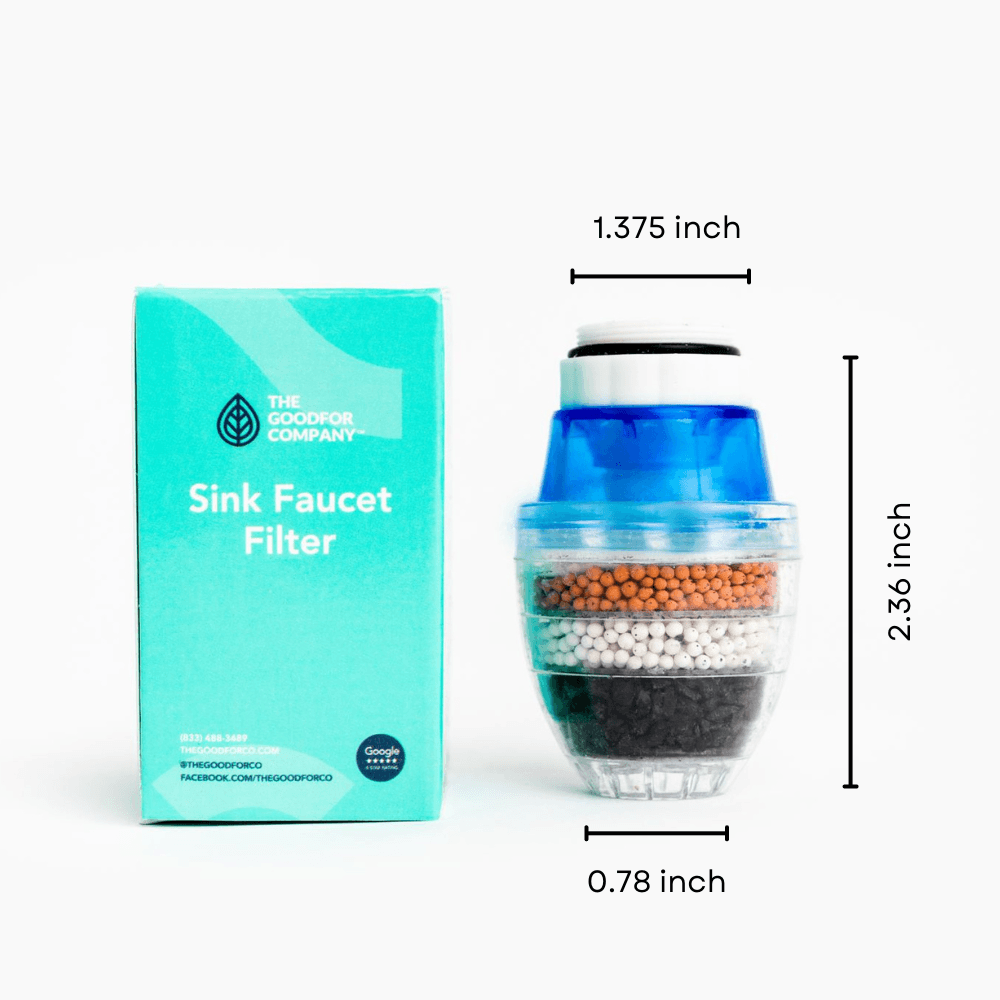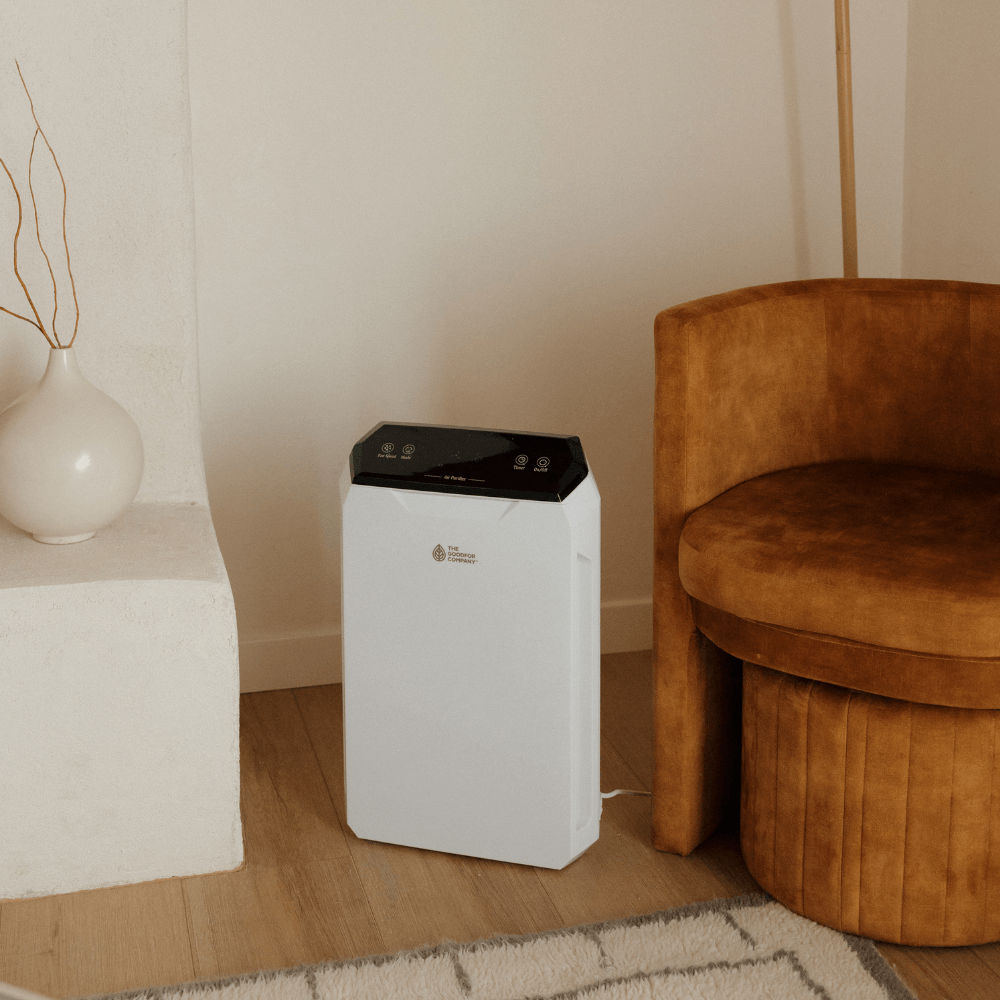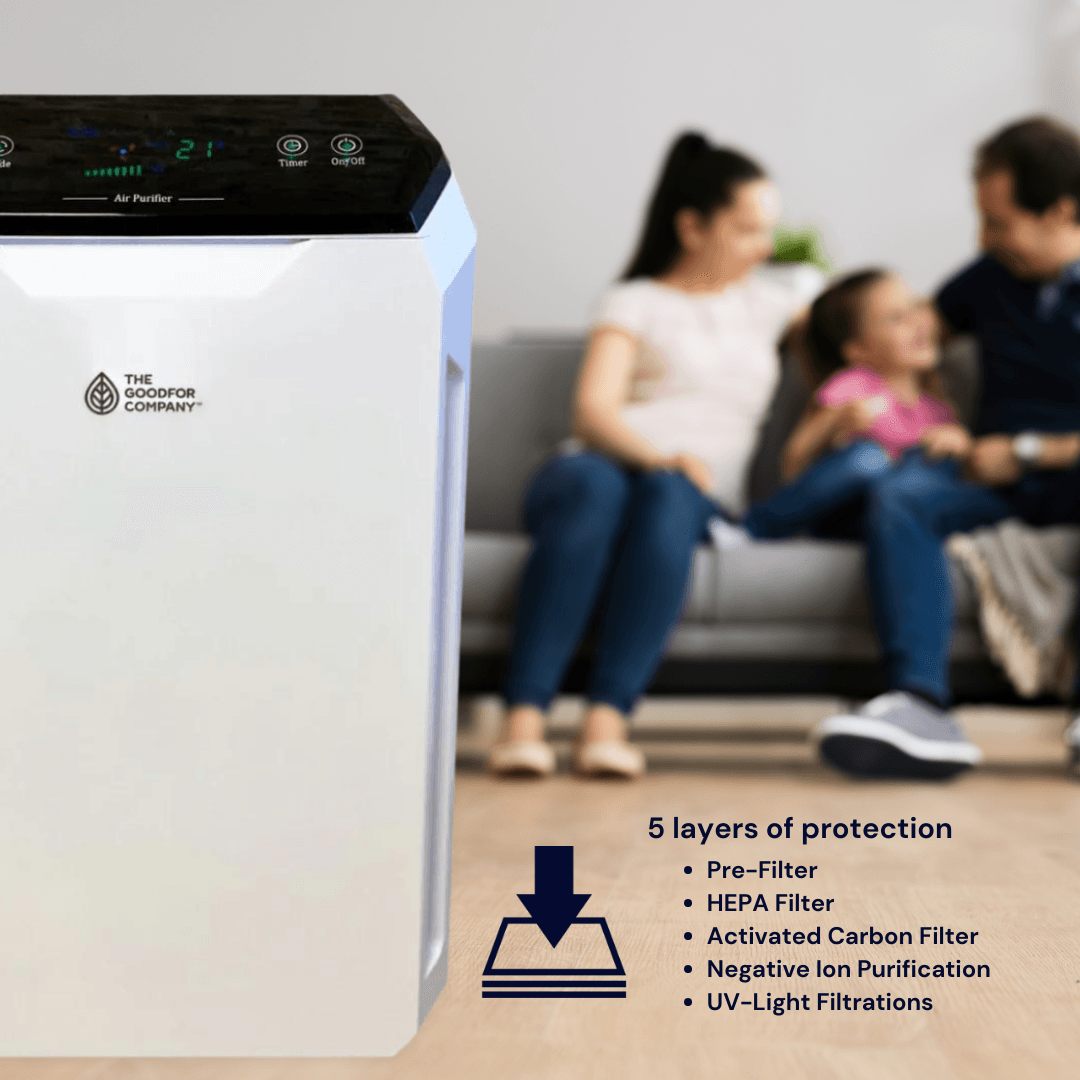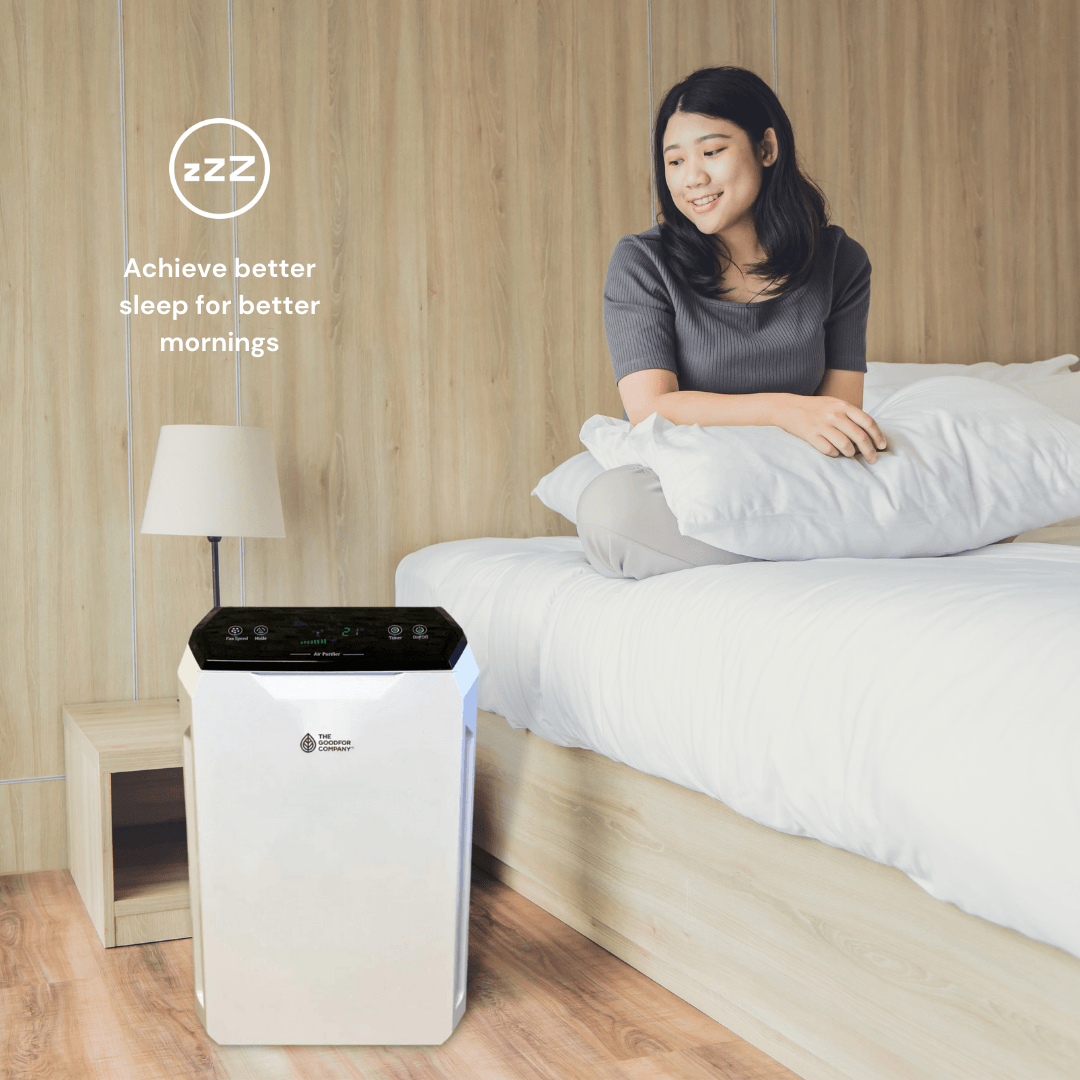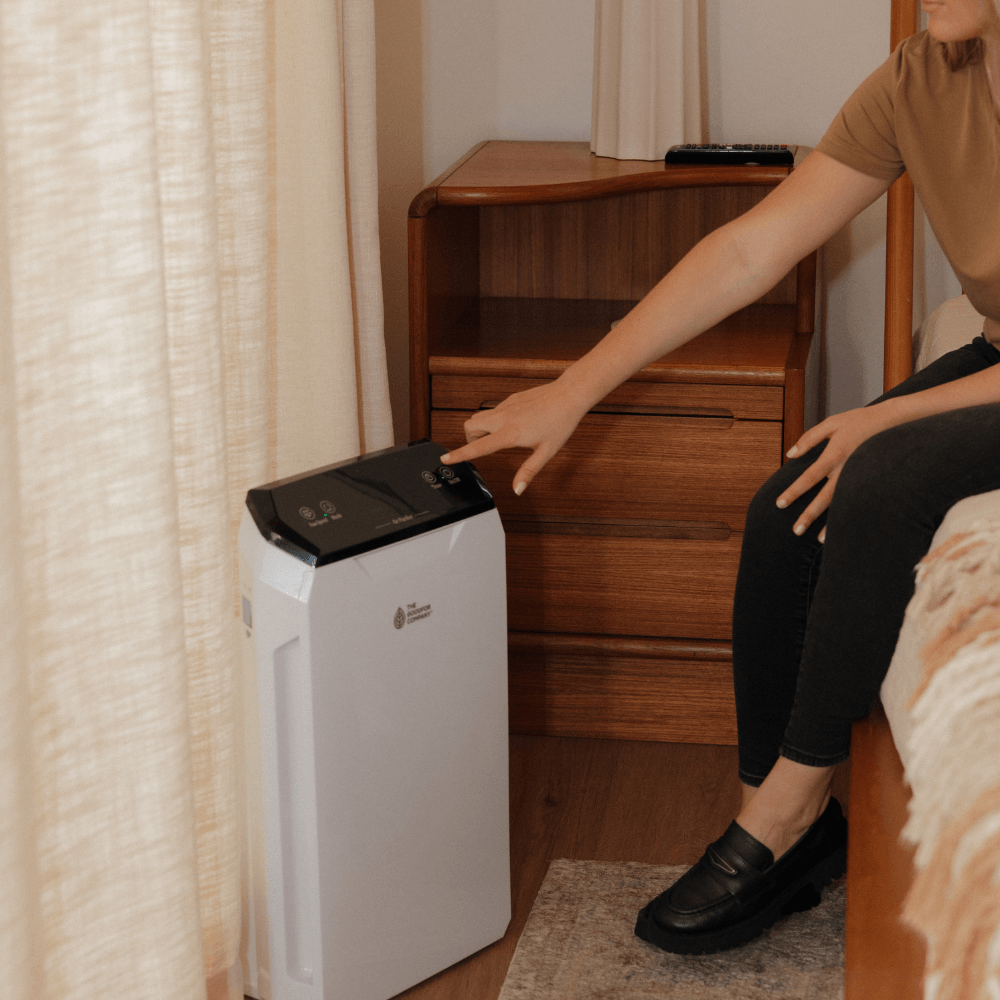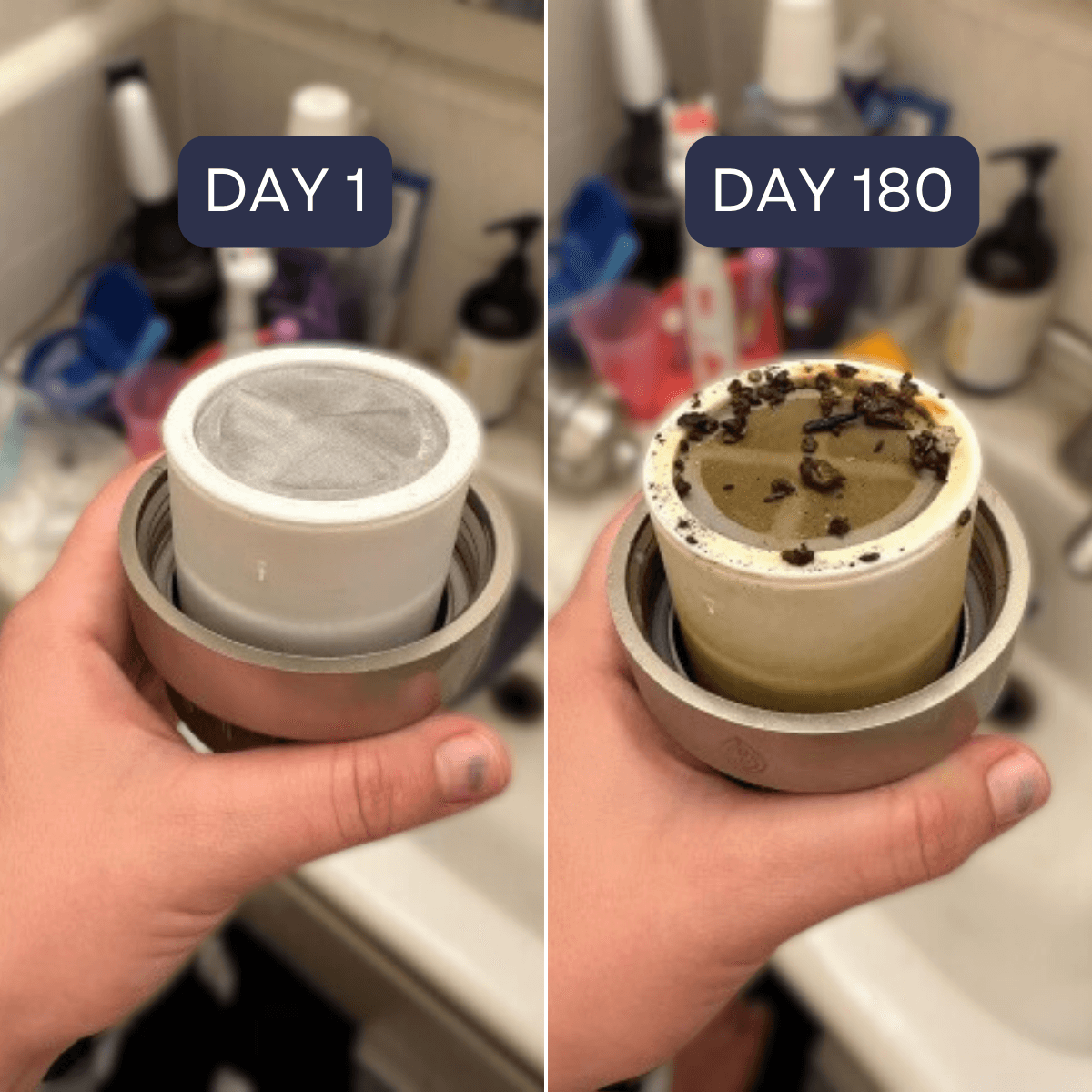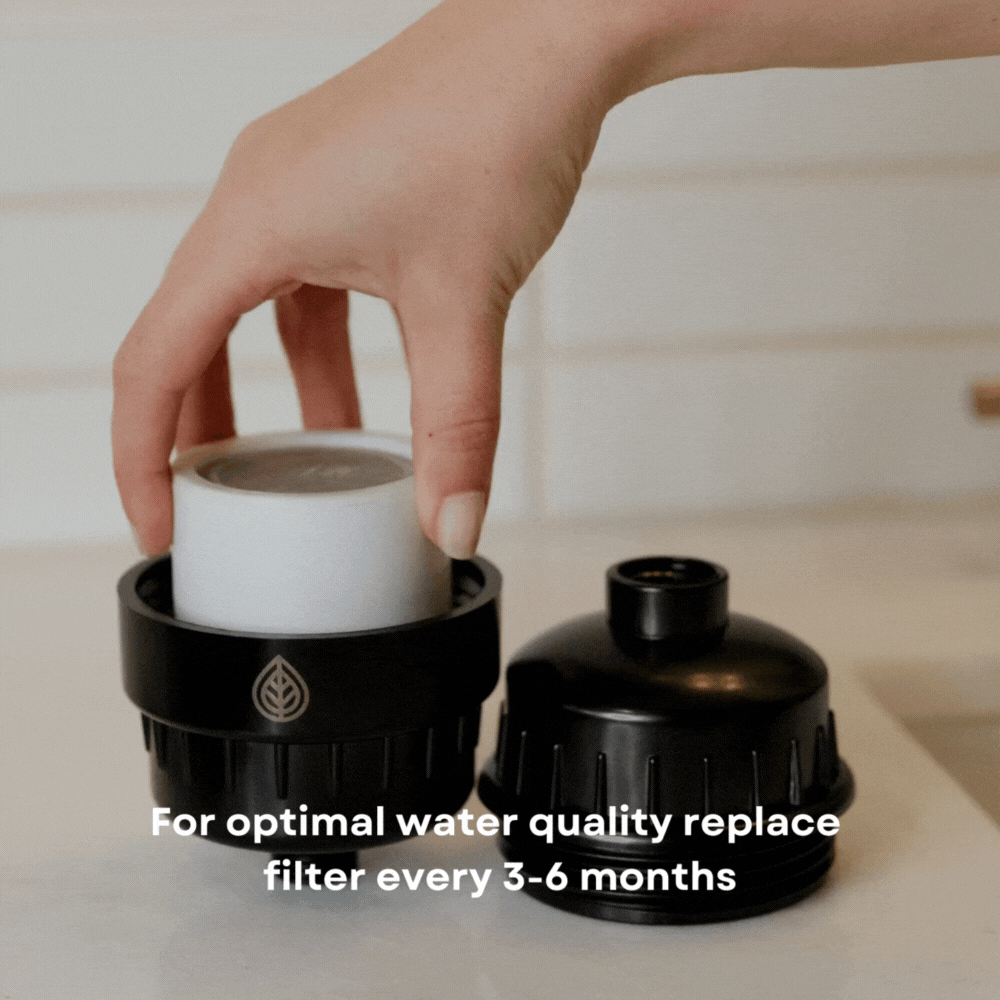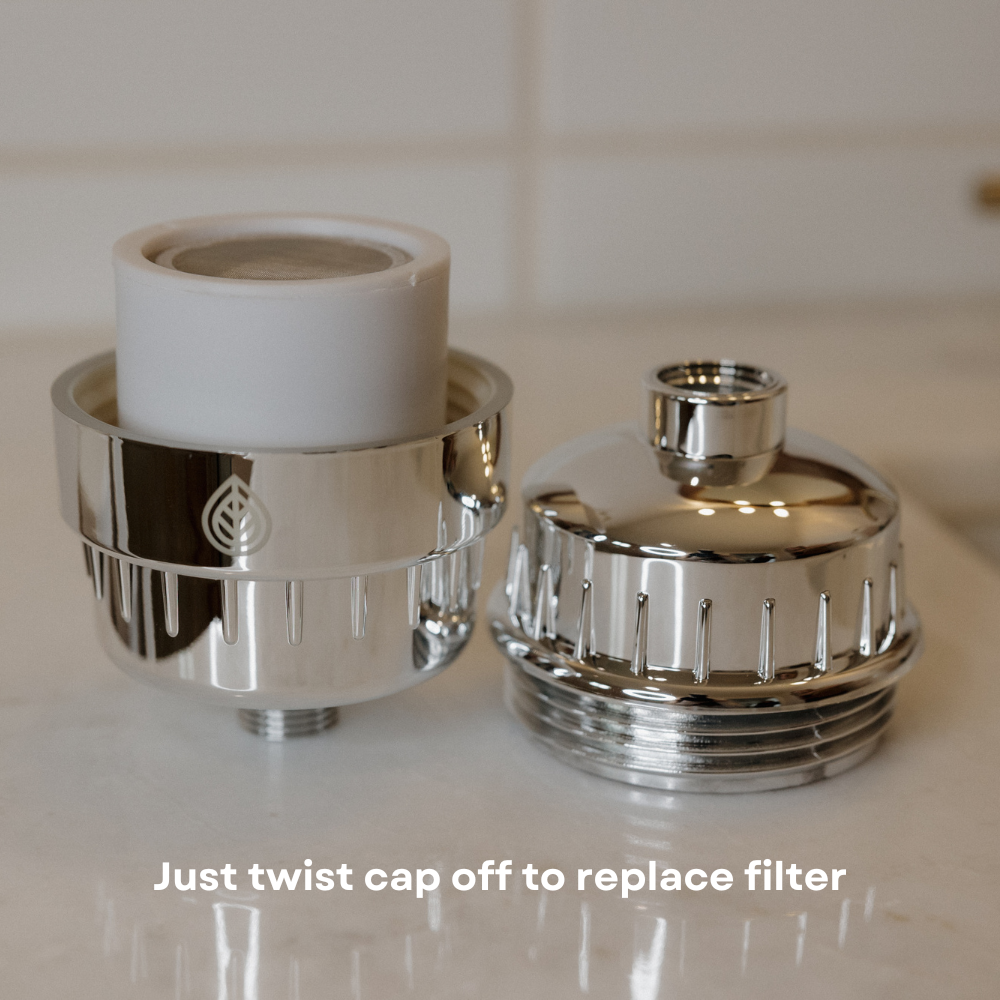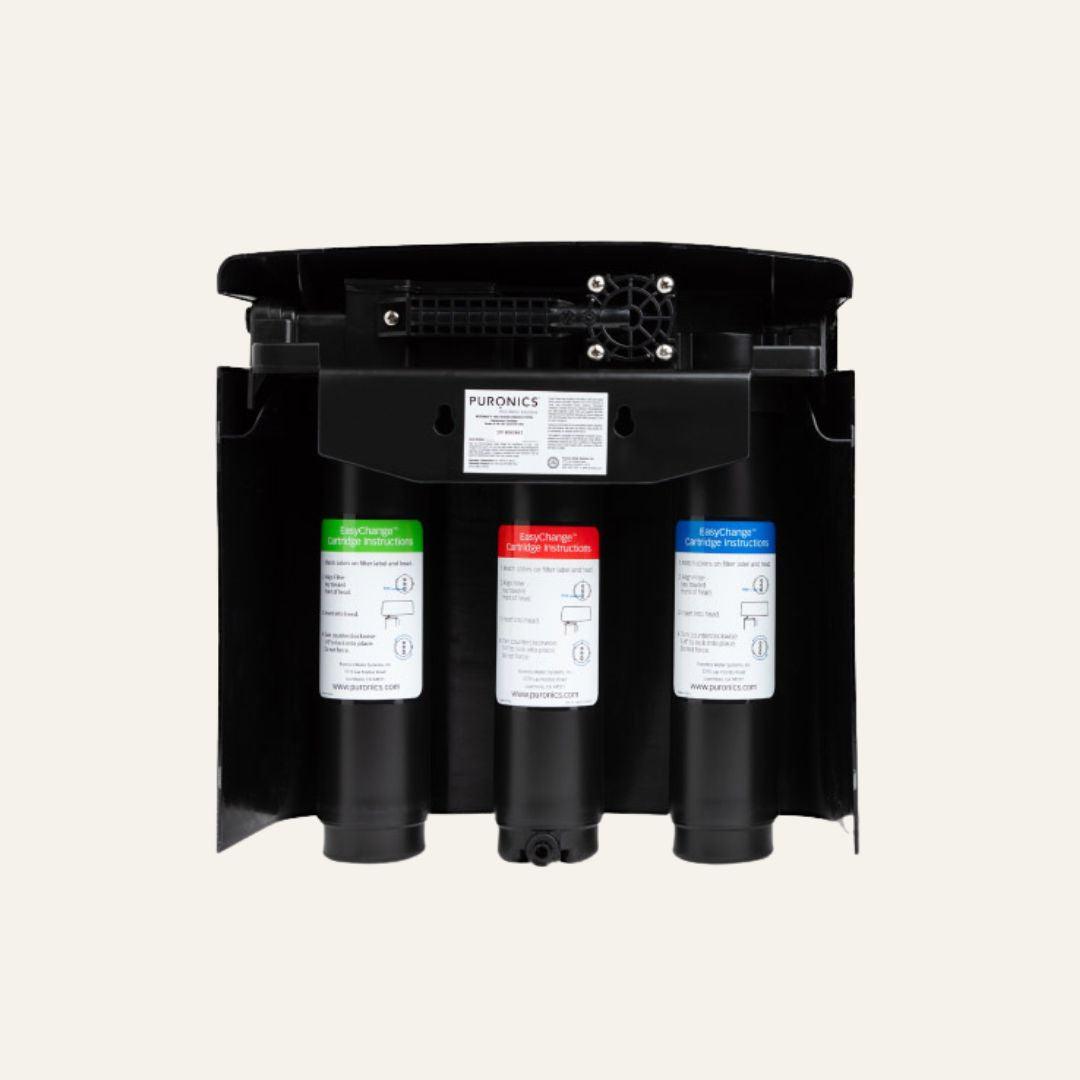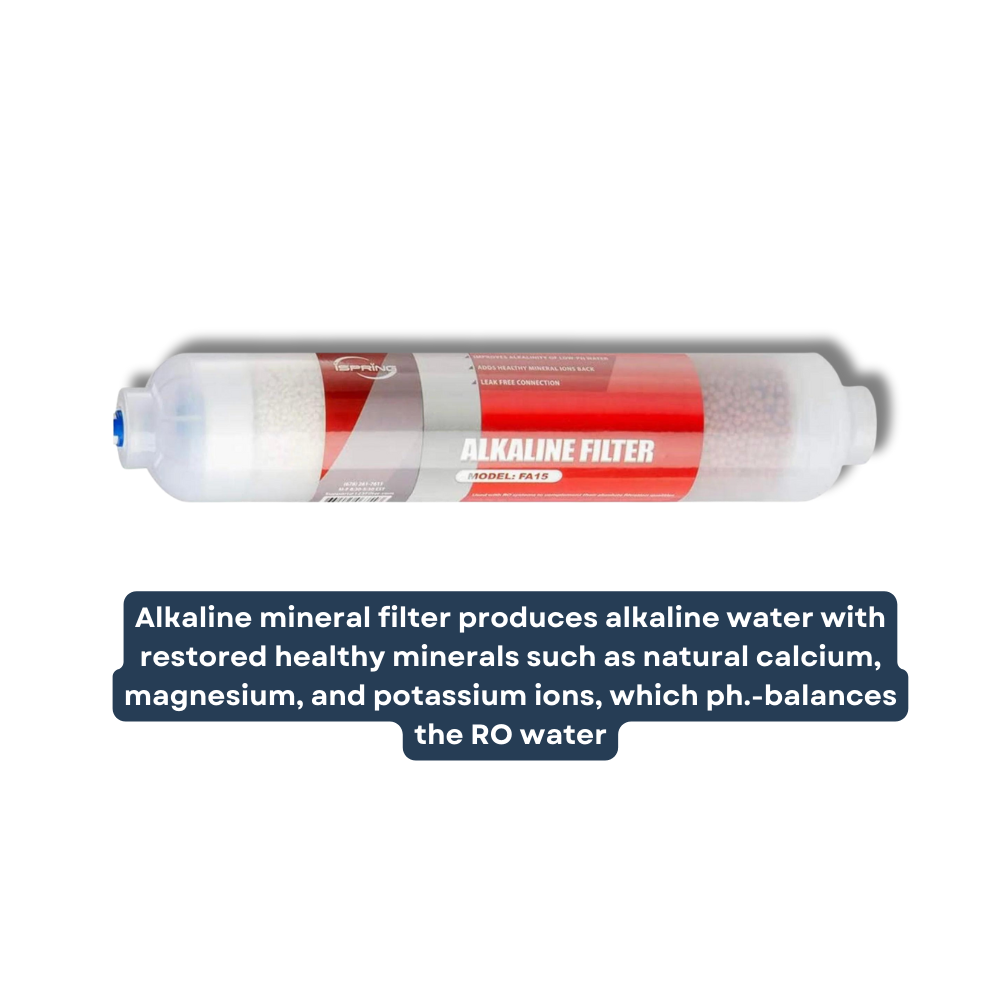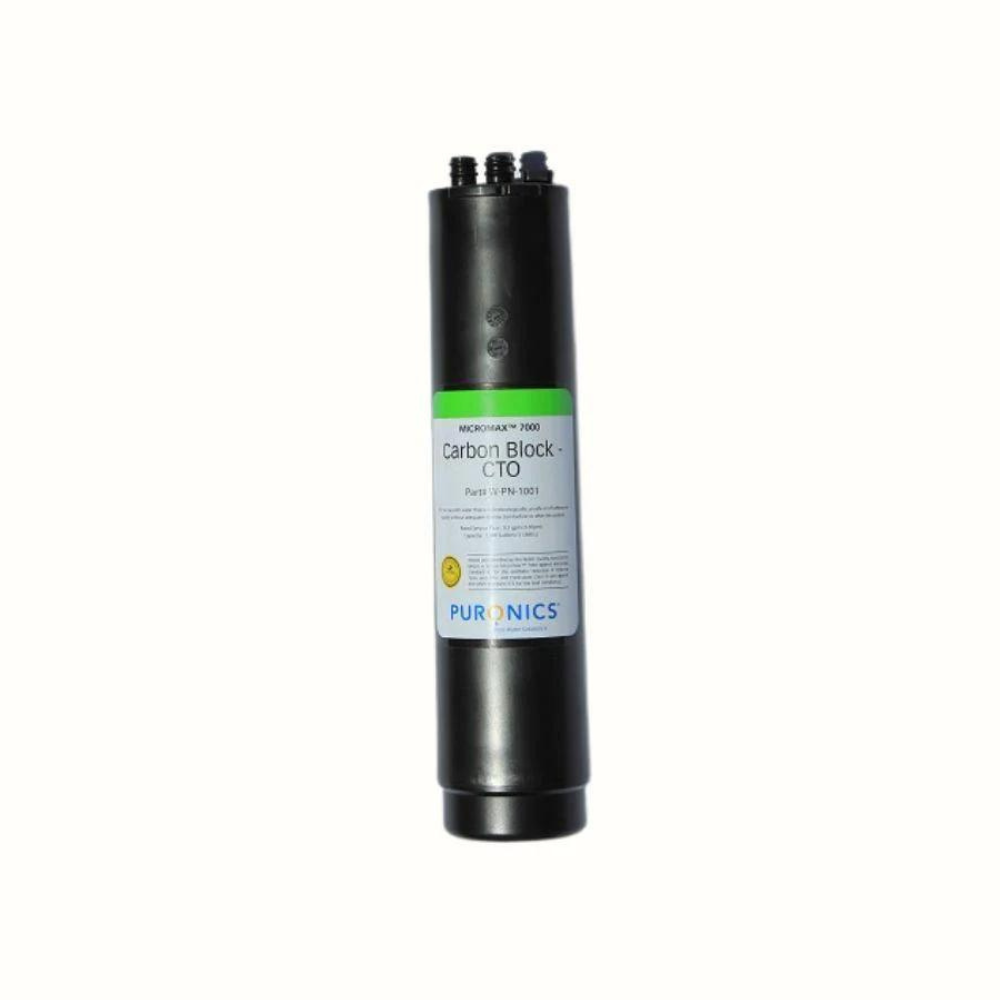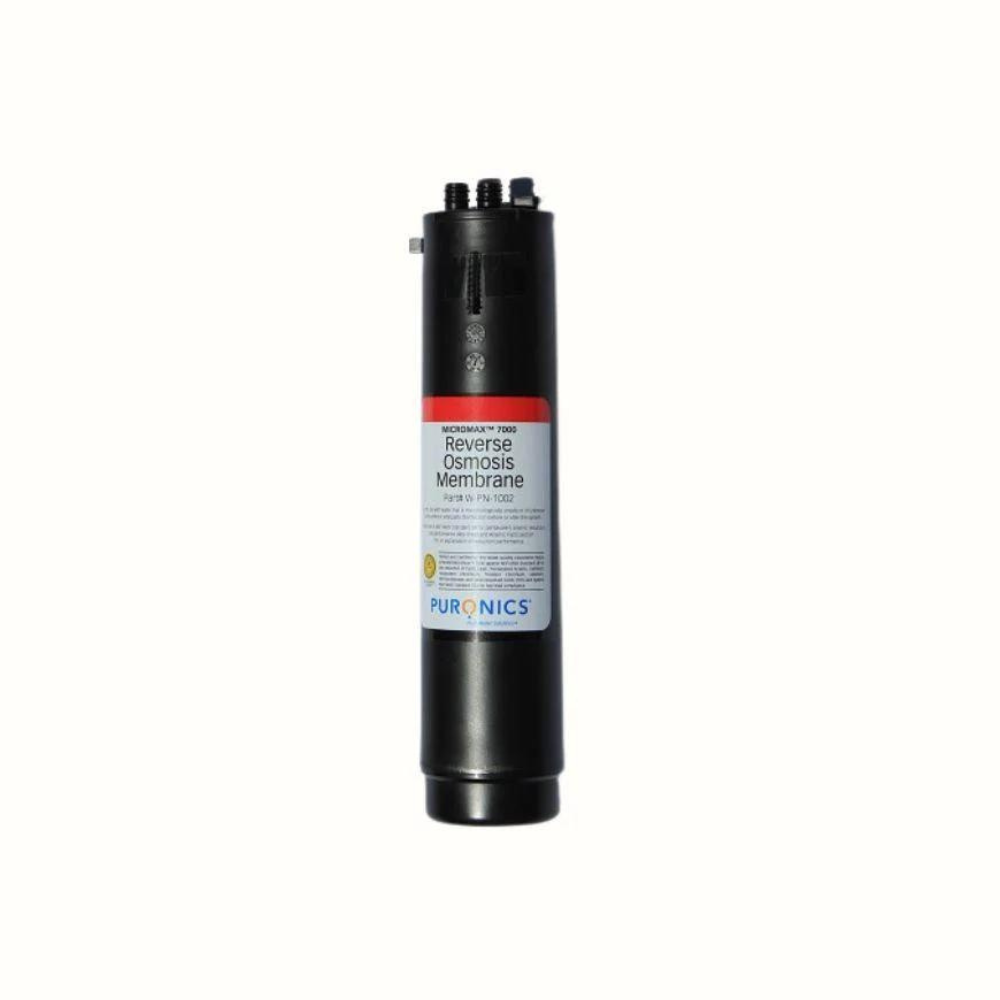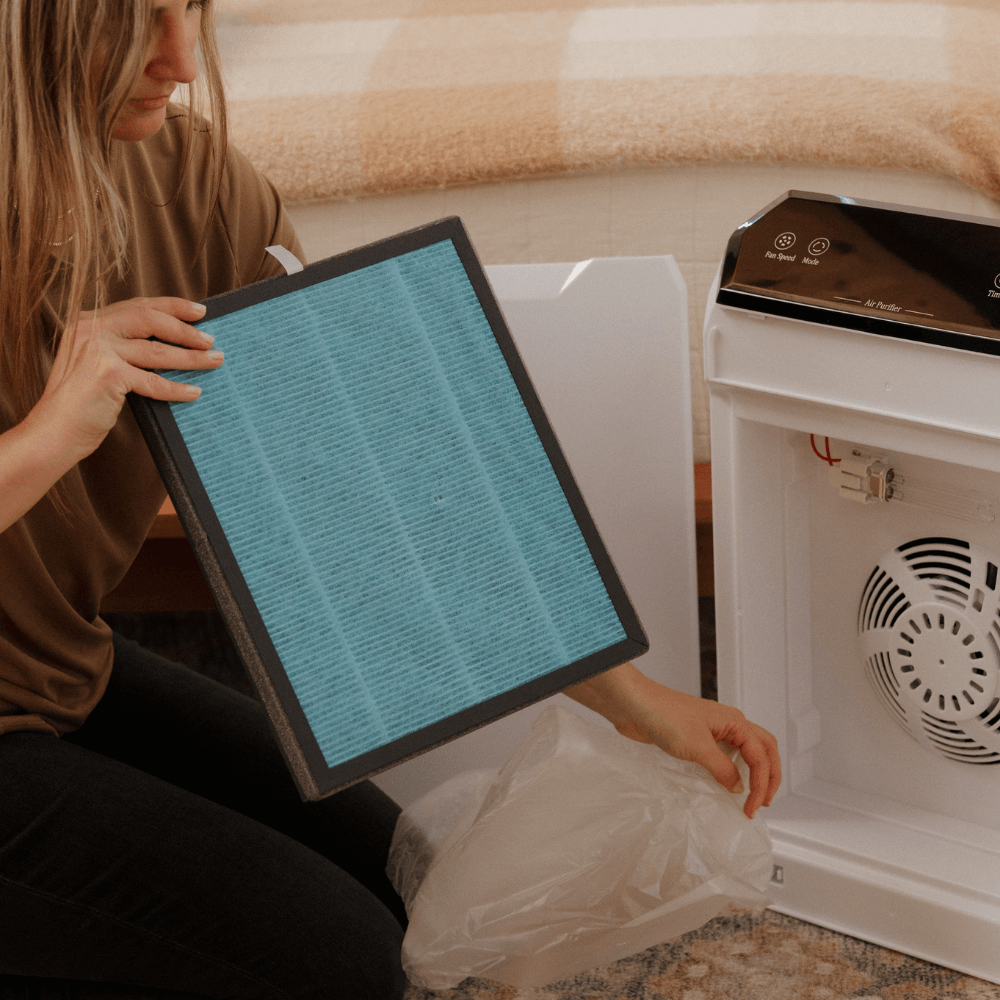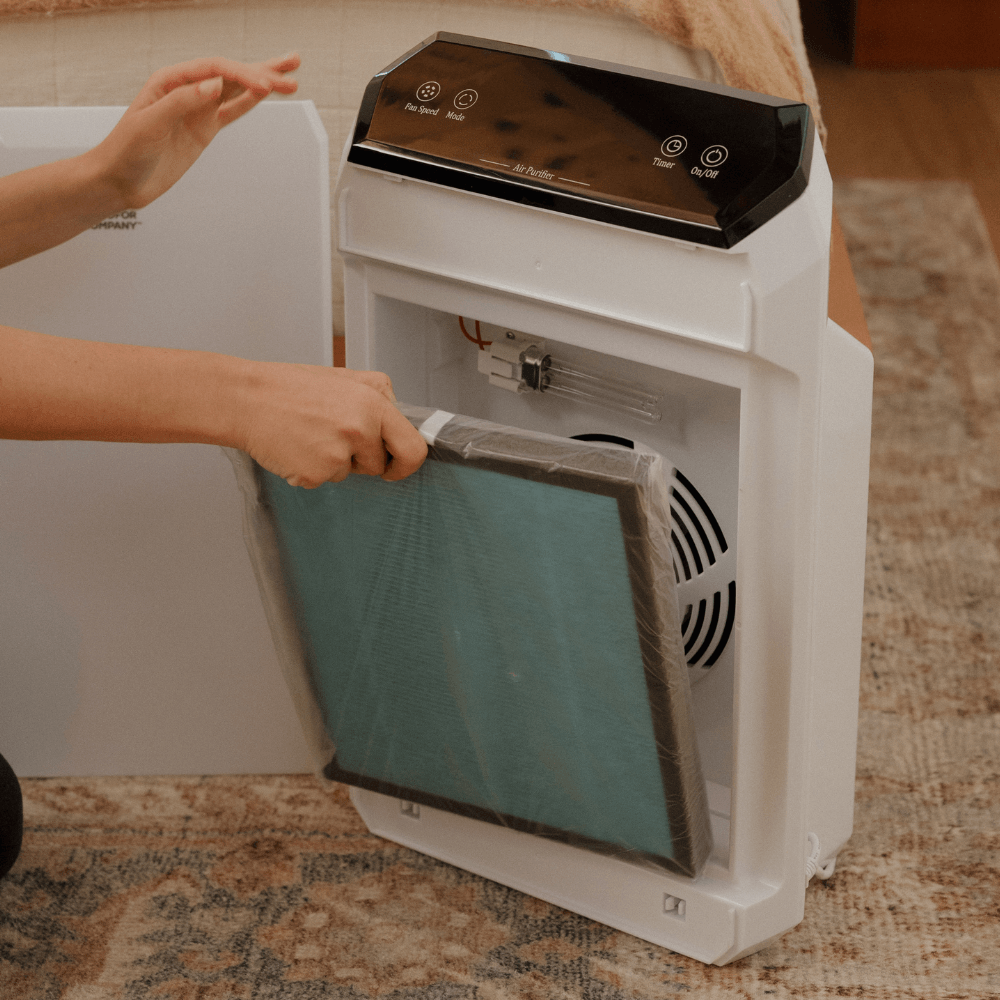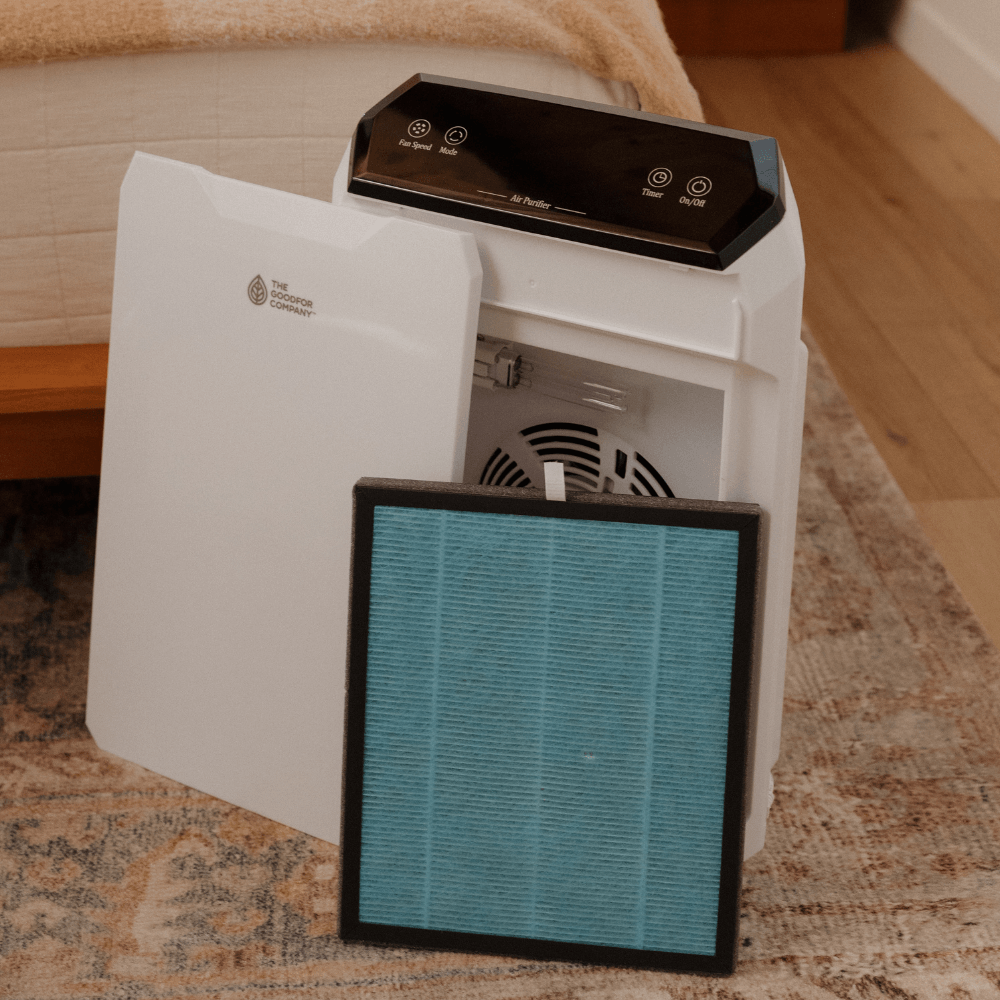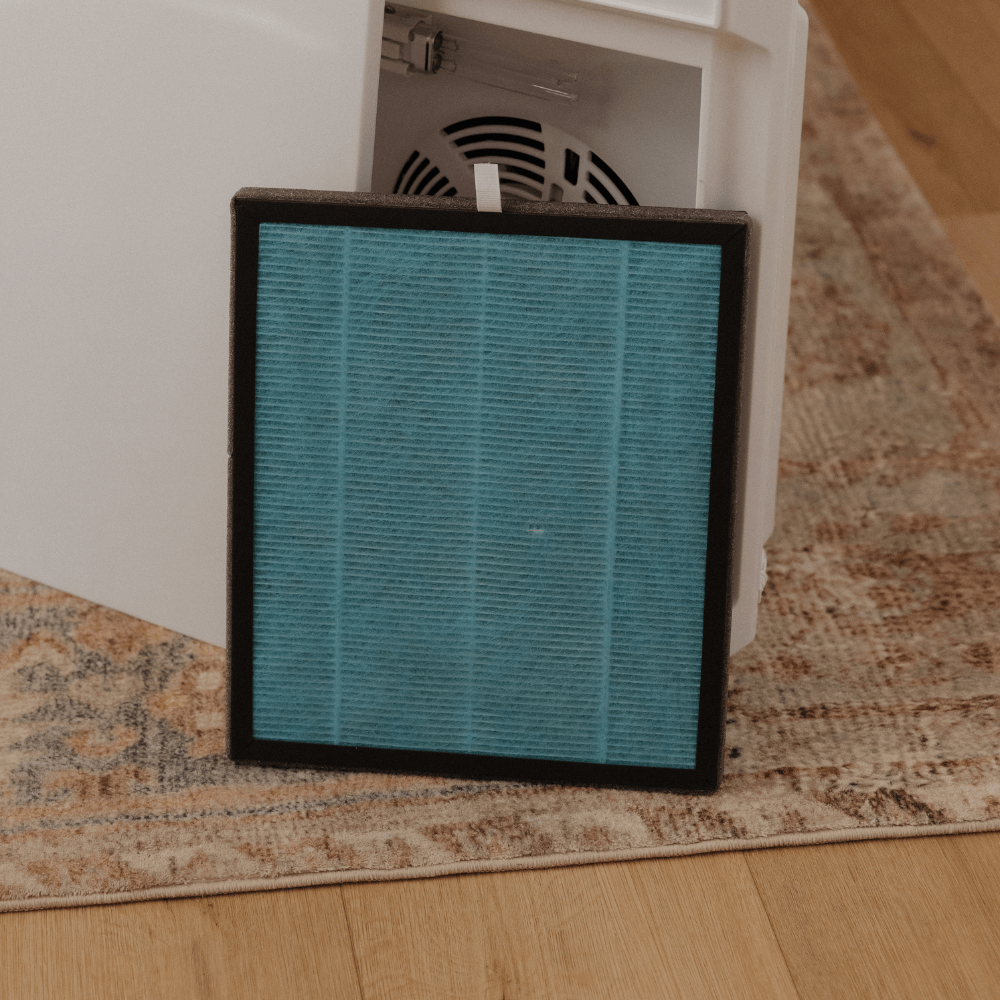Electrolyzer
An electrolyzer is a device that uses the process of electrolysis to split water (H2O) into its constituent elements, hydrogen (H2) and oxygen (O2), through the application of an electric current. This process involves passing an electric current through water, causing the water molecules to break apart into hydrogen and oxygen ions. The hydrogen ions collect at the cathode (negative electrode), while the oxygen ions collect at the anode (positive electrode). These ions then combine to form hydrogen gas at the cathode and oxygen gas at the anode.
Water Treatment: Electrolyzers can be used to treat water by producing disinfectants such as hypochlorous acid or ozone, which can effectively kill bacteria, viruses, and other pathogens. This makes electrolyzers valuable tools for water disinfection and sanitation in various settings, including households, hospitals, and industries.
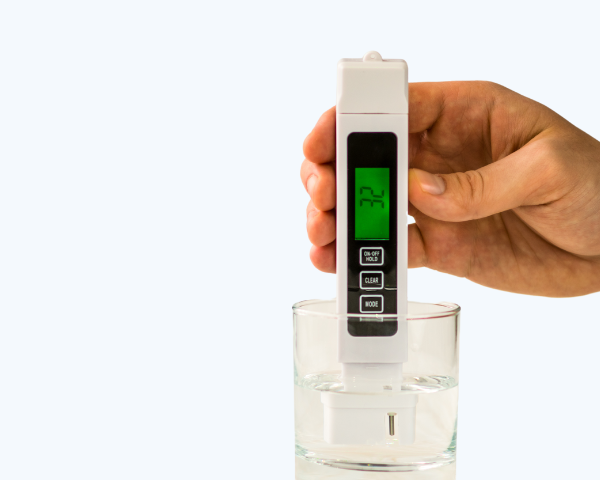
Testing your water is crucial:
- Health and Safety: Water can contain harmful contaminants, such as bacteria, lead, pesticides, and chemicals, which pose serious health risks if consumed. Regular testing helps identify these contaminants and ensures that your water is safe for drinking, cooking, and bathing.
- Peace of Mind: Water quality can vary depending on its source, treatment, and distribution. Testing allows you to monitor and maintain consistent water quality.
- Appliance Protection: Hard water, high mineral content, and other water quality issues can damage appliances like water heaters, dishwashers, and washing machines. Testing helps identify these issues early, allowing you to take preventive measures and extend the lifespan of your appliances.
- Environmental Impact: Monitoring water quality helps protect the environment by preventing contamination of natural water sources, such as rivers, lakes, and groundwater.

